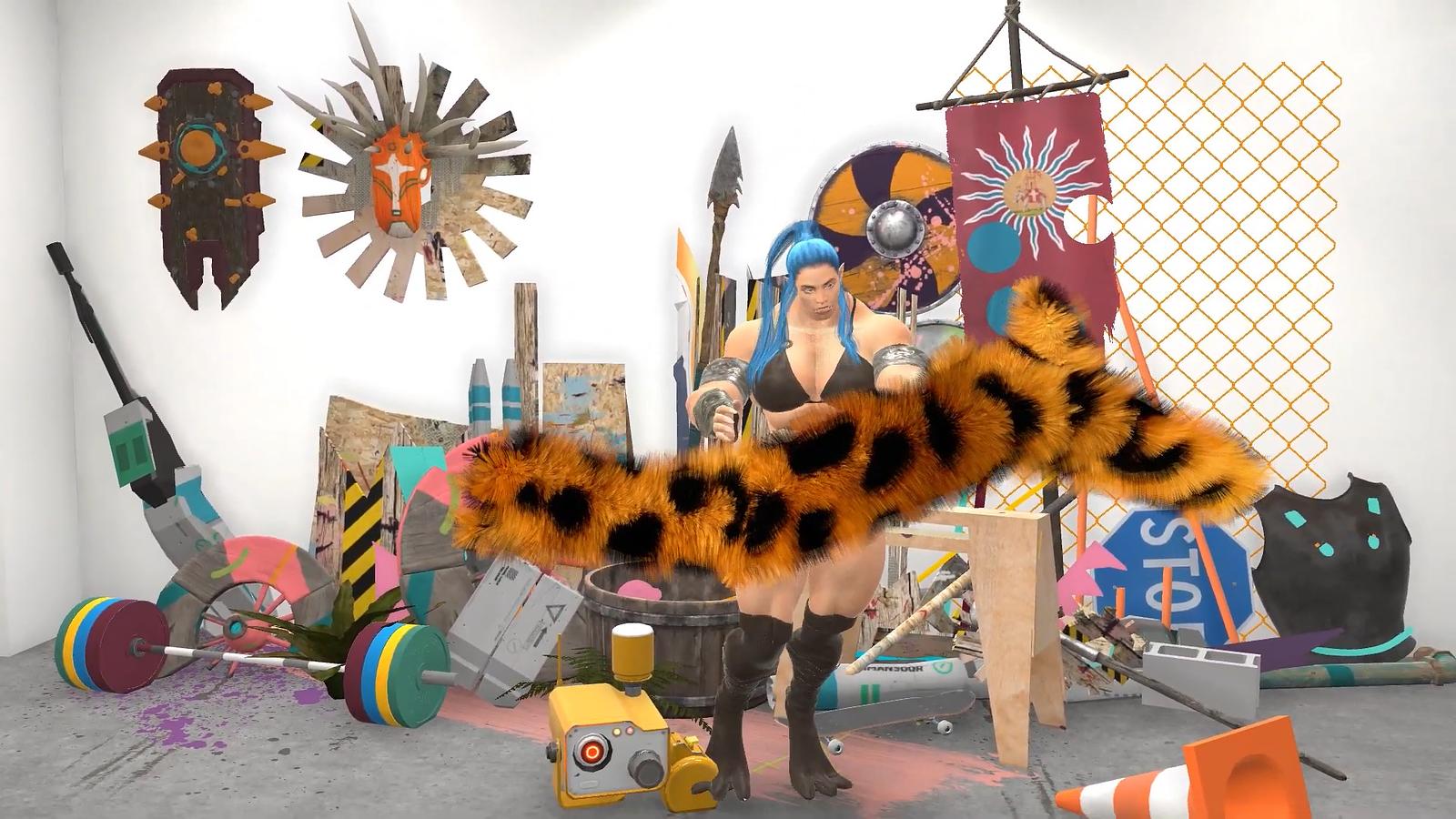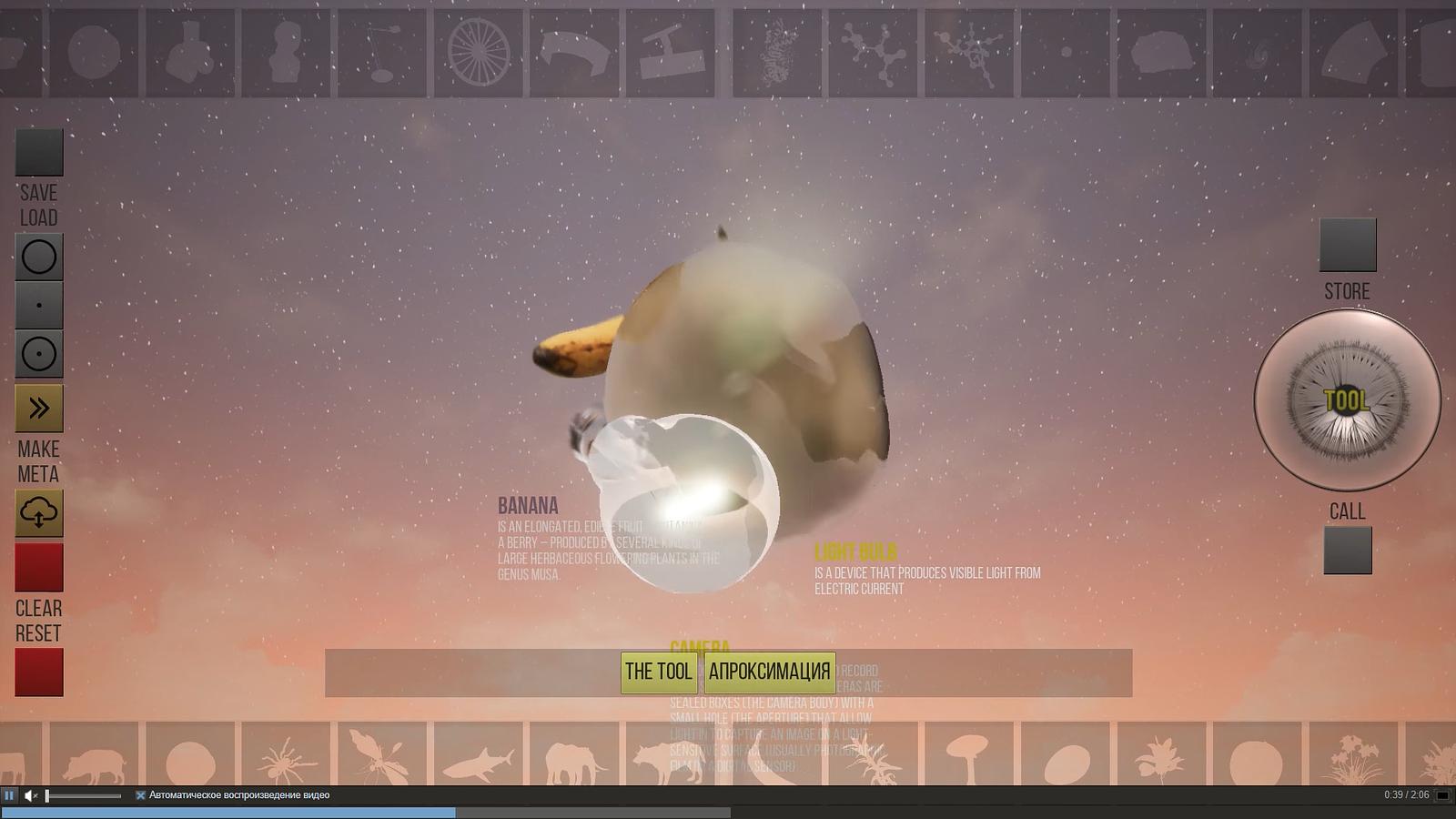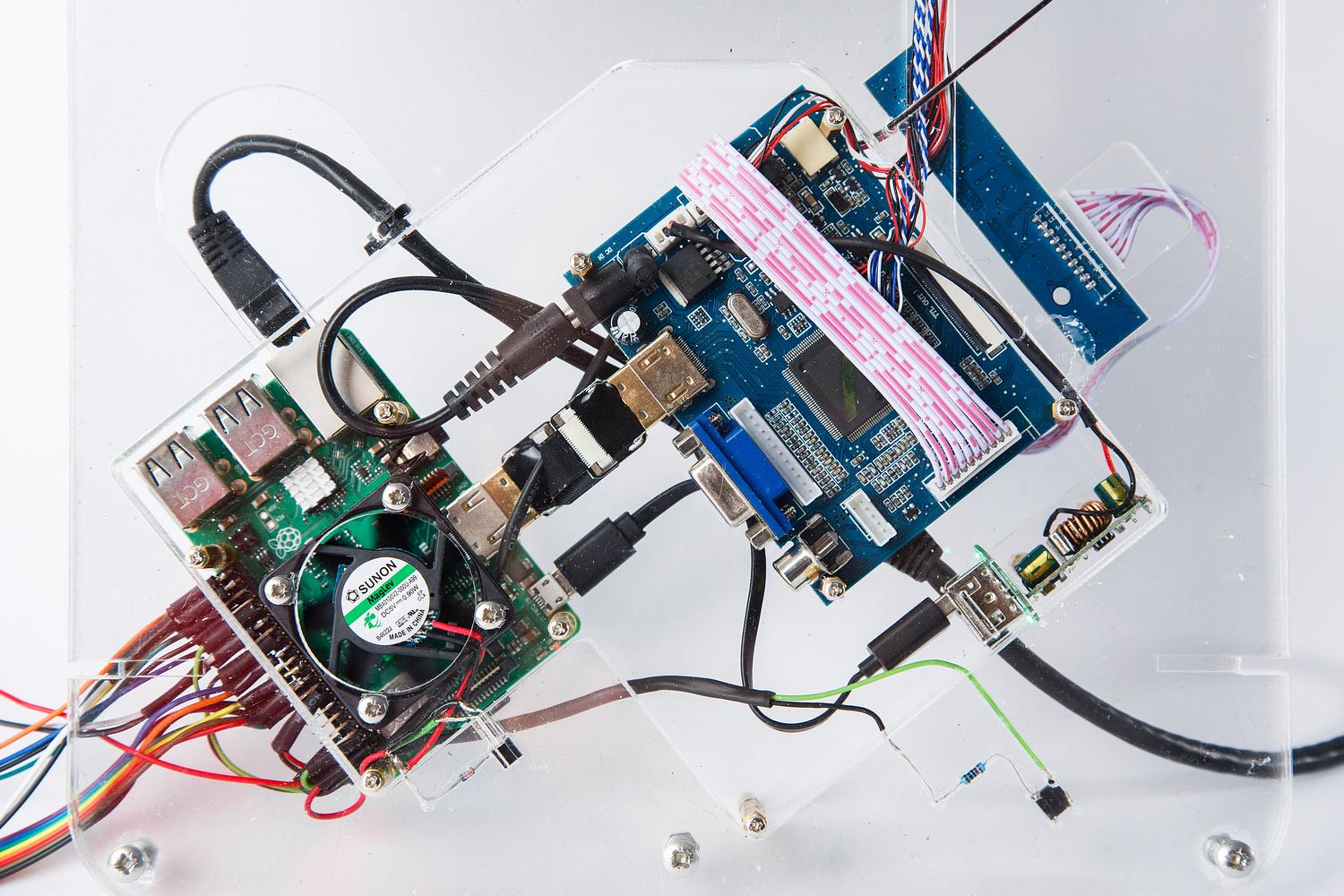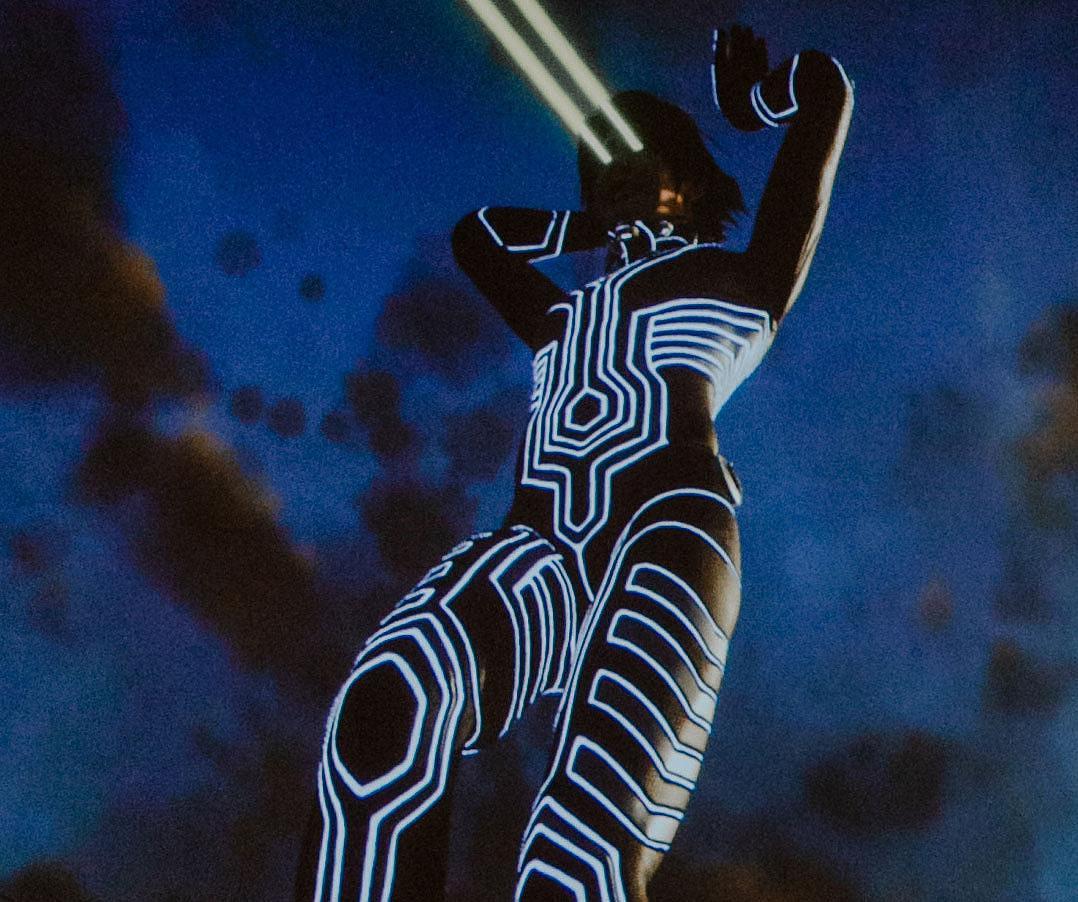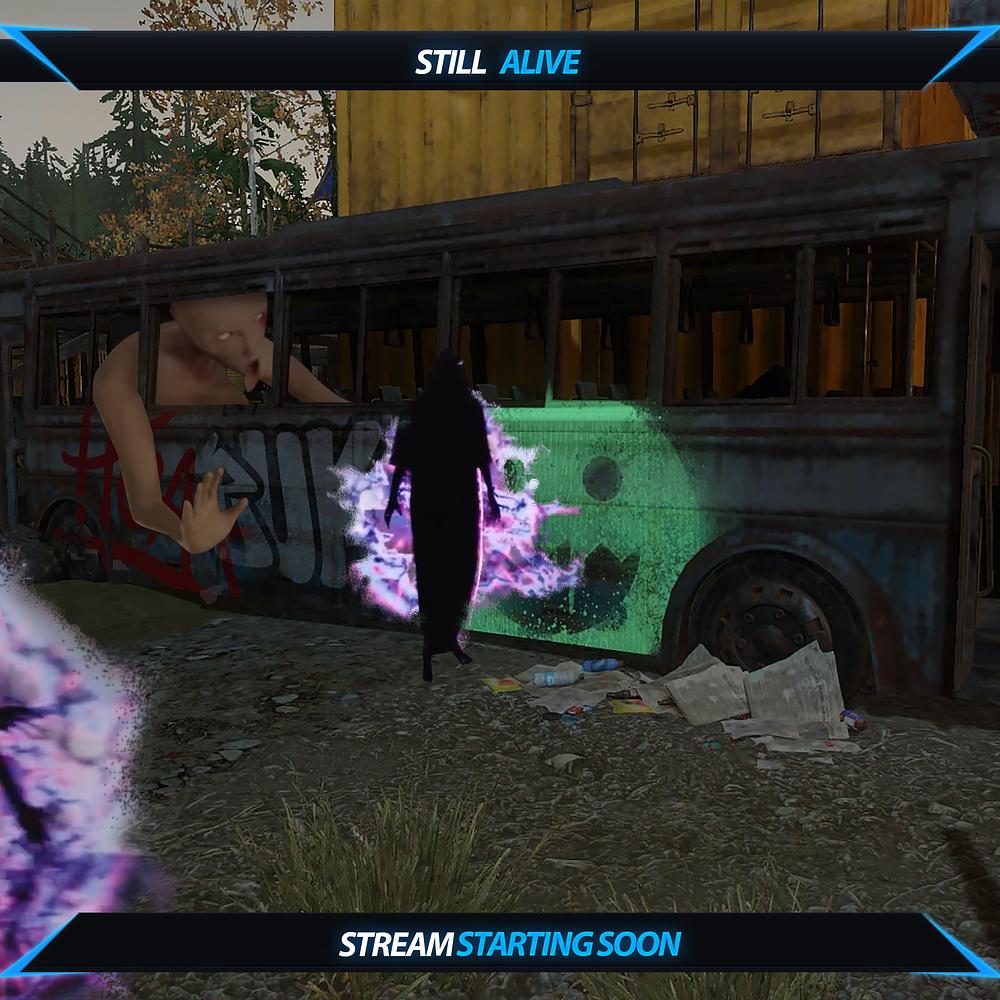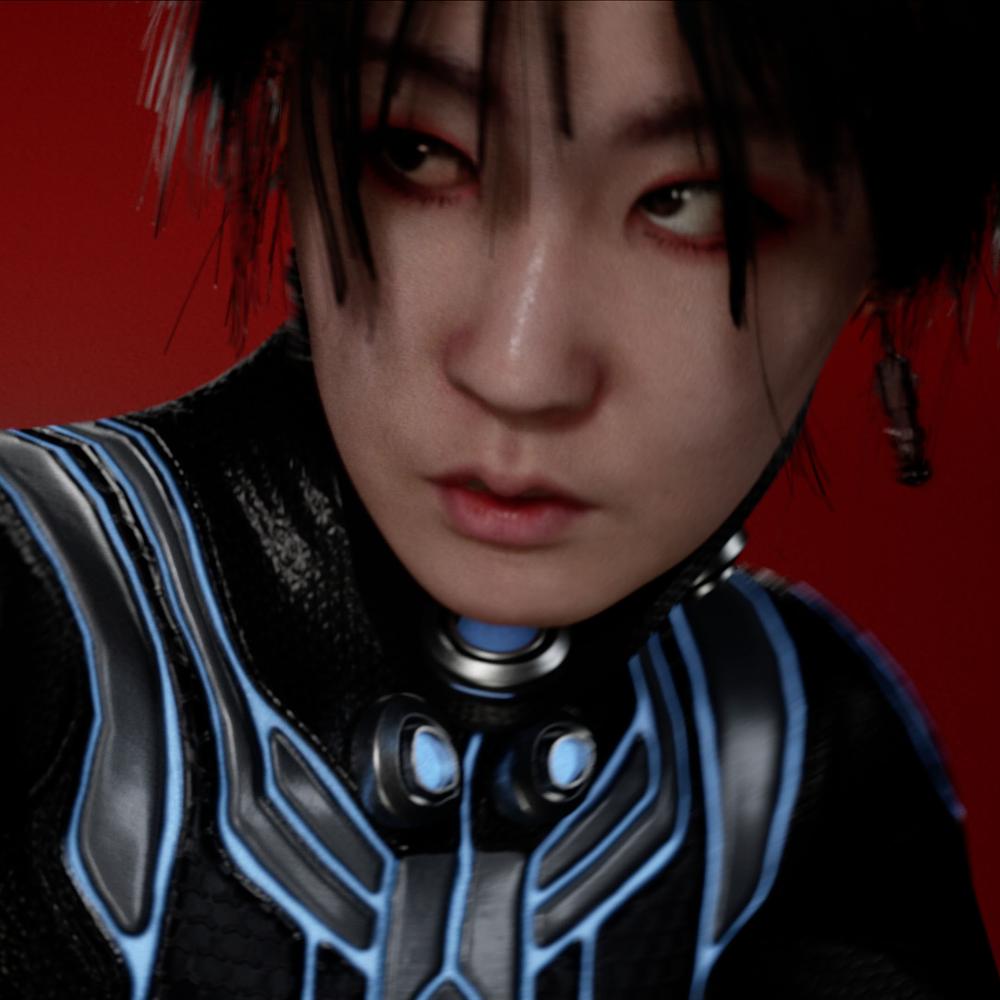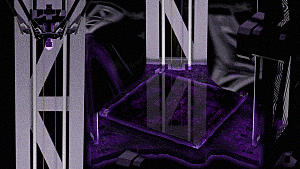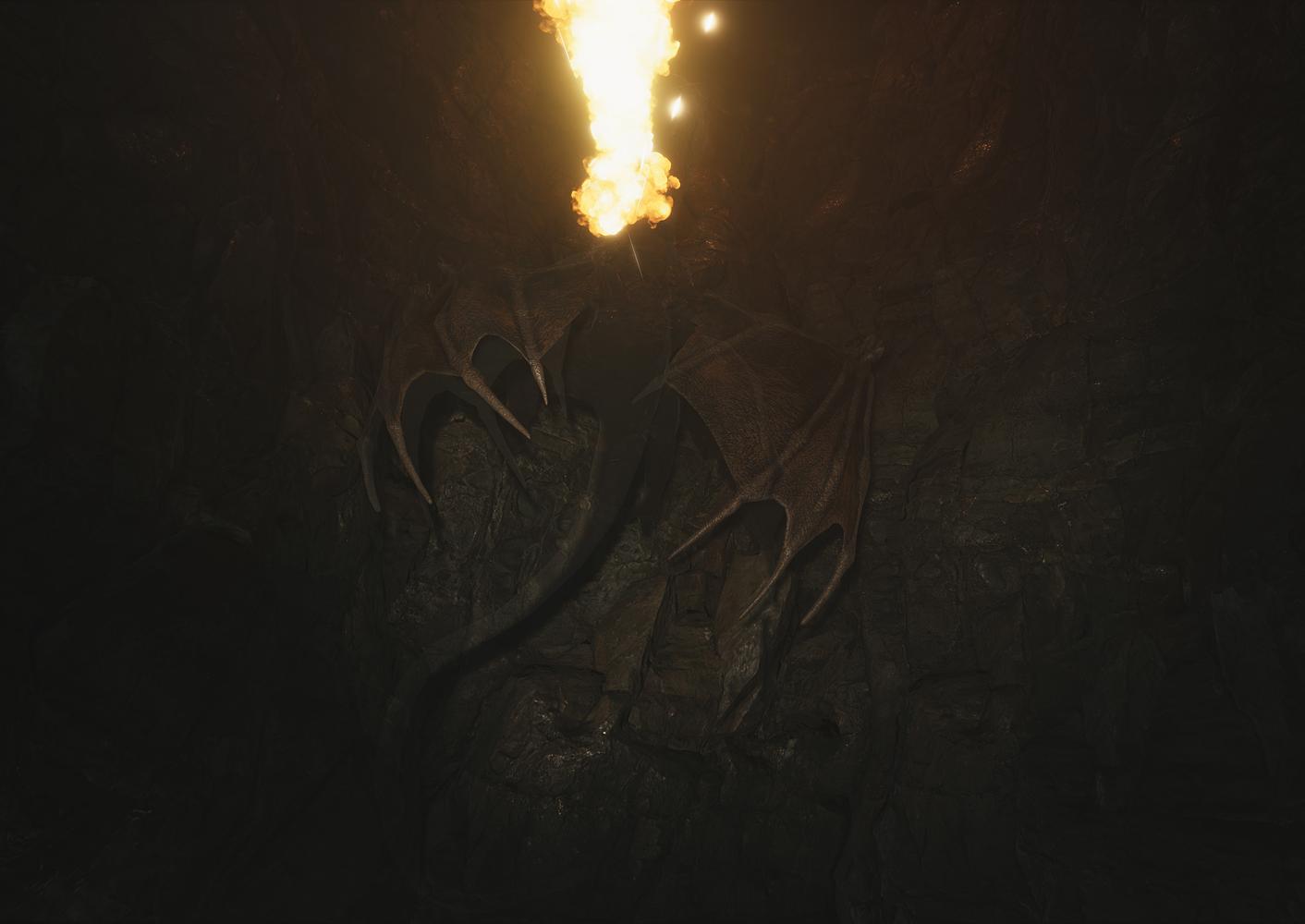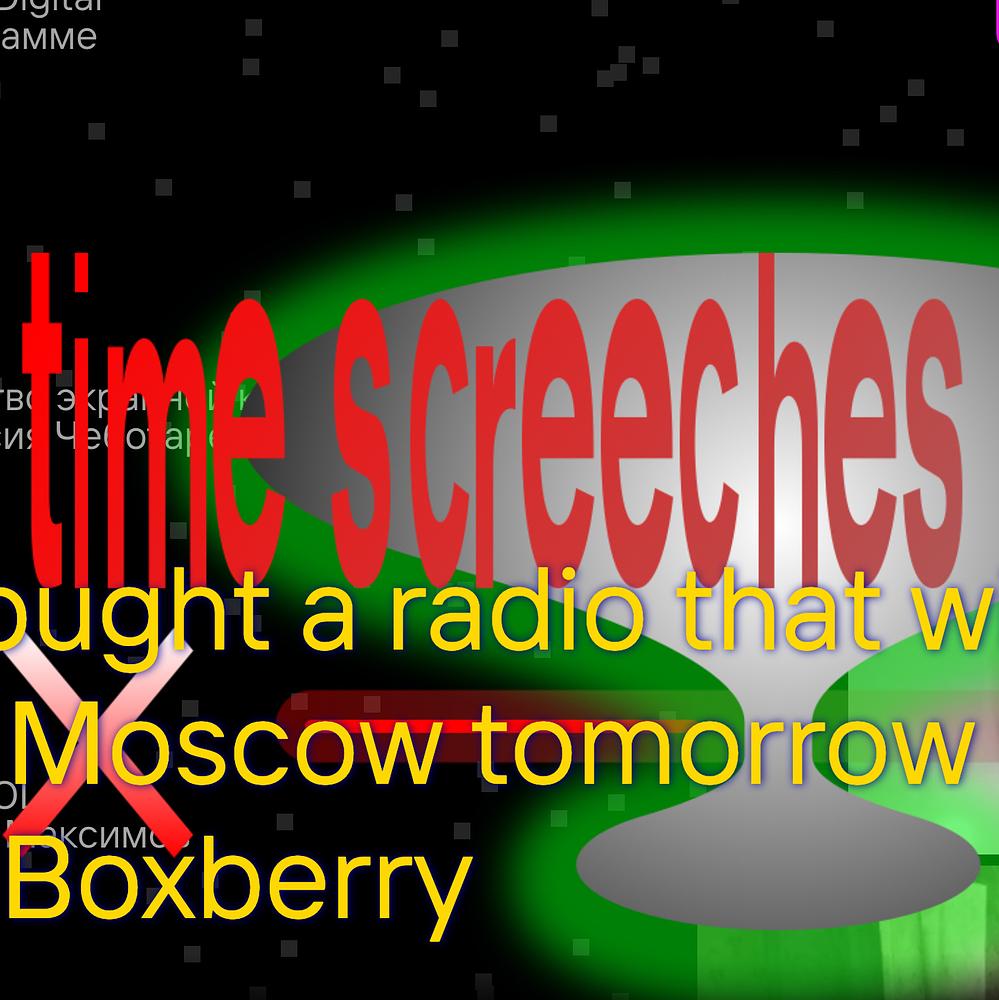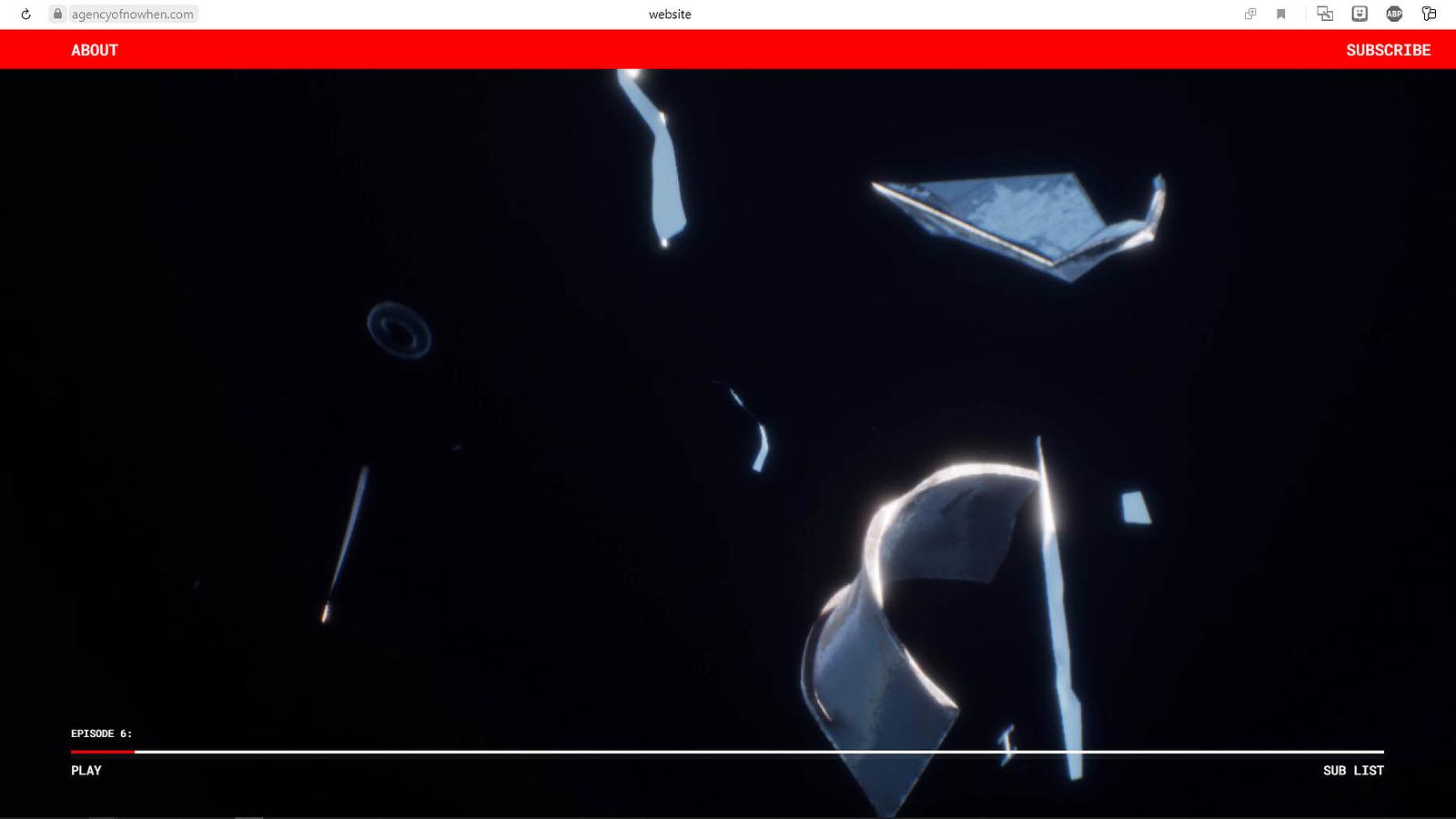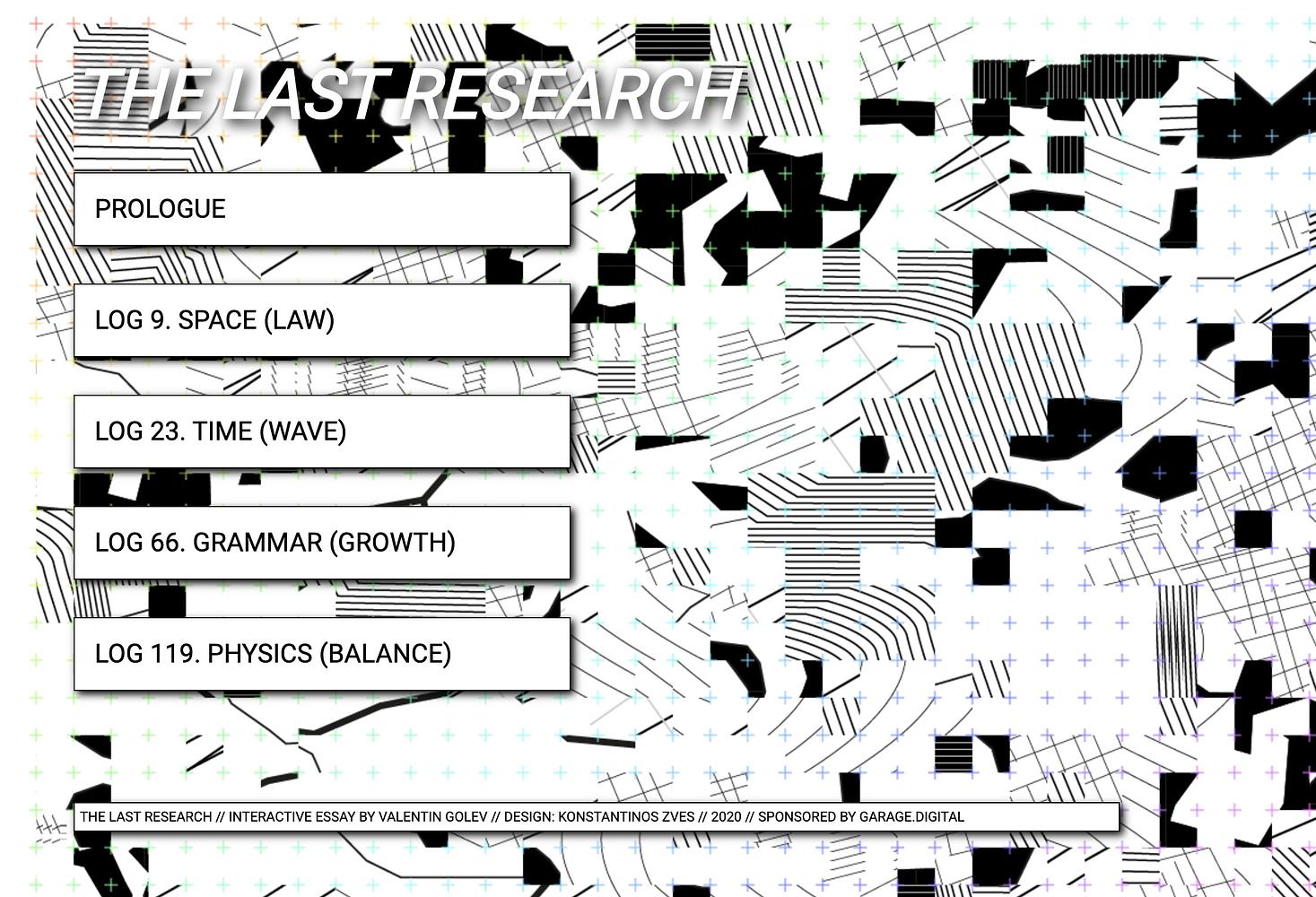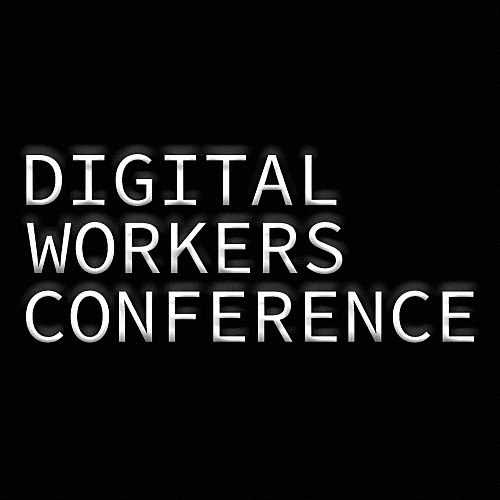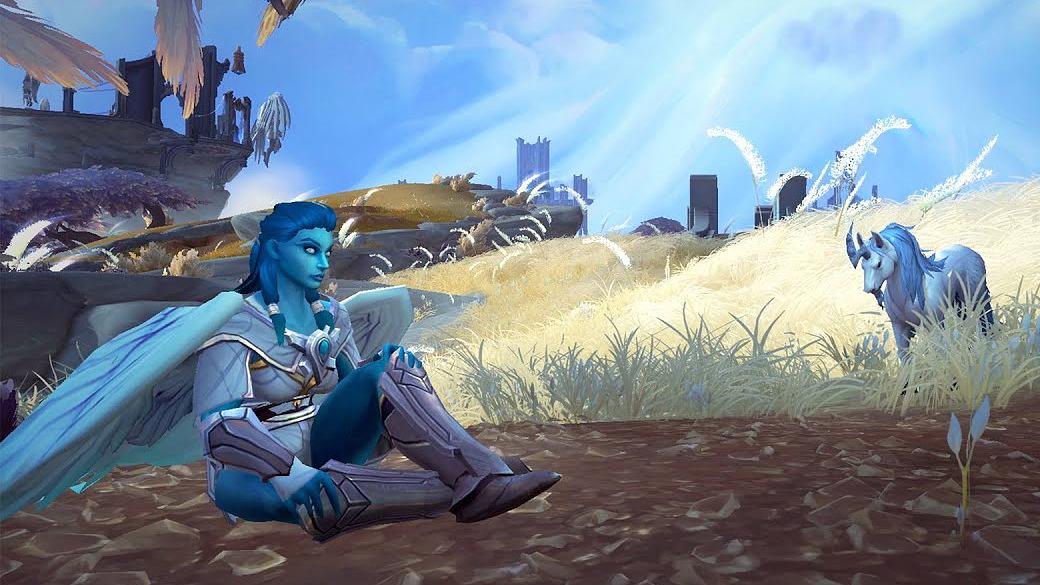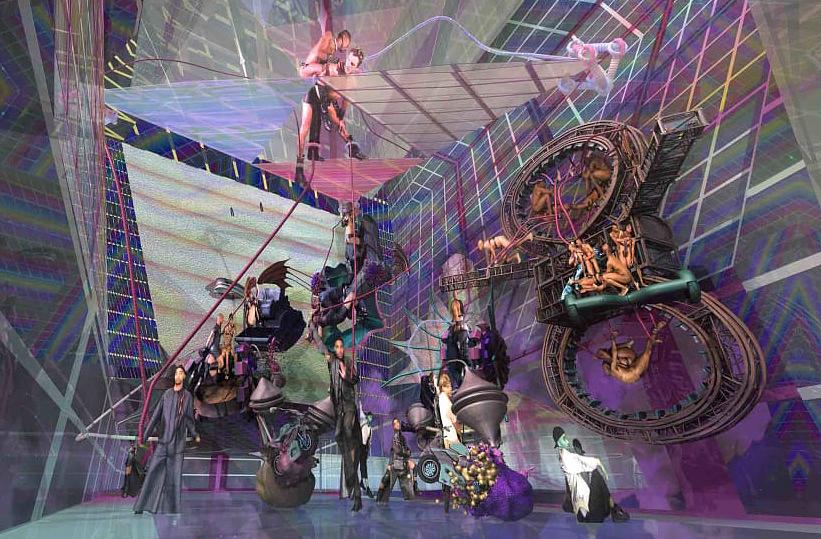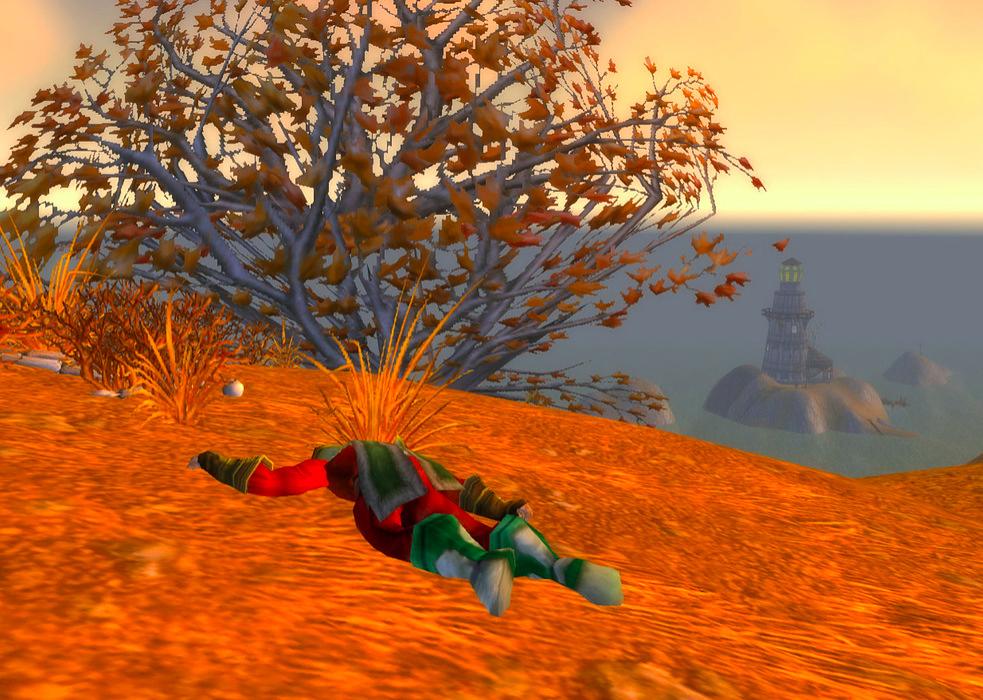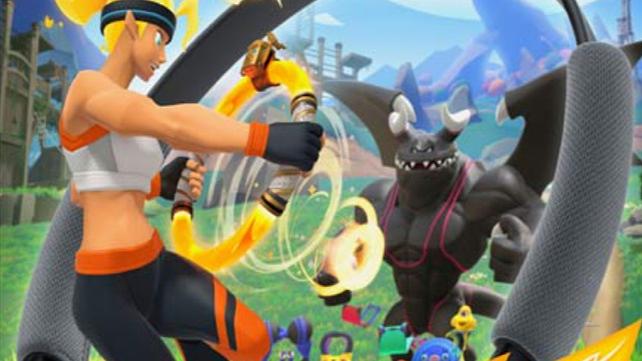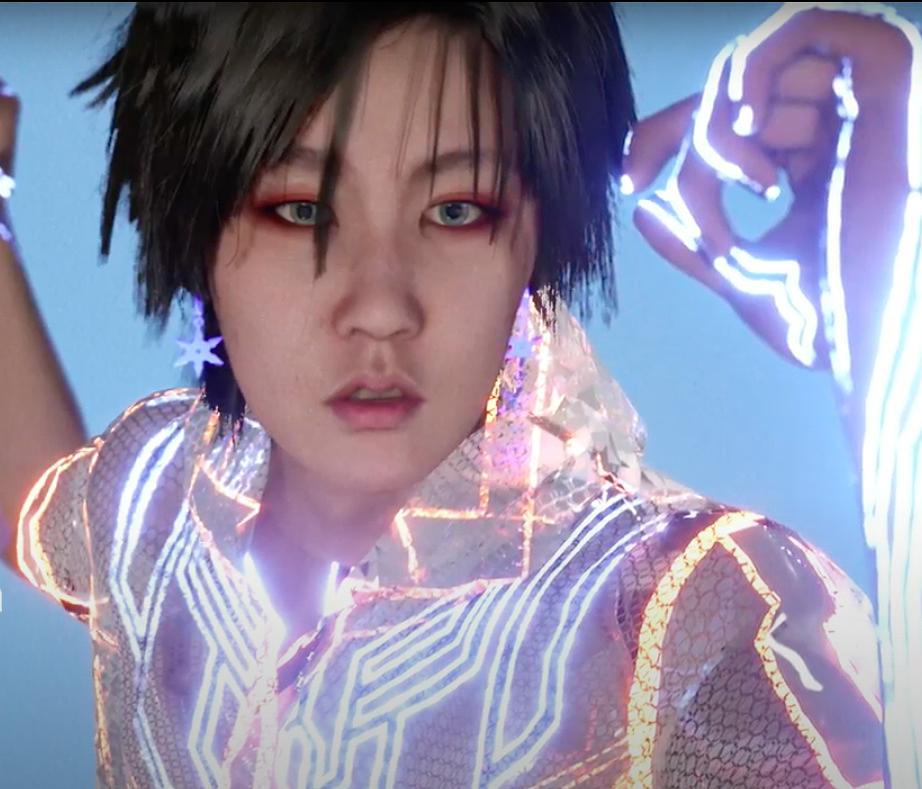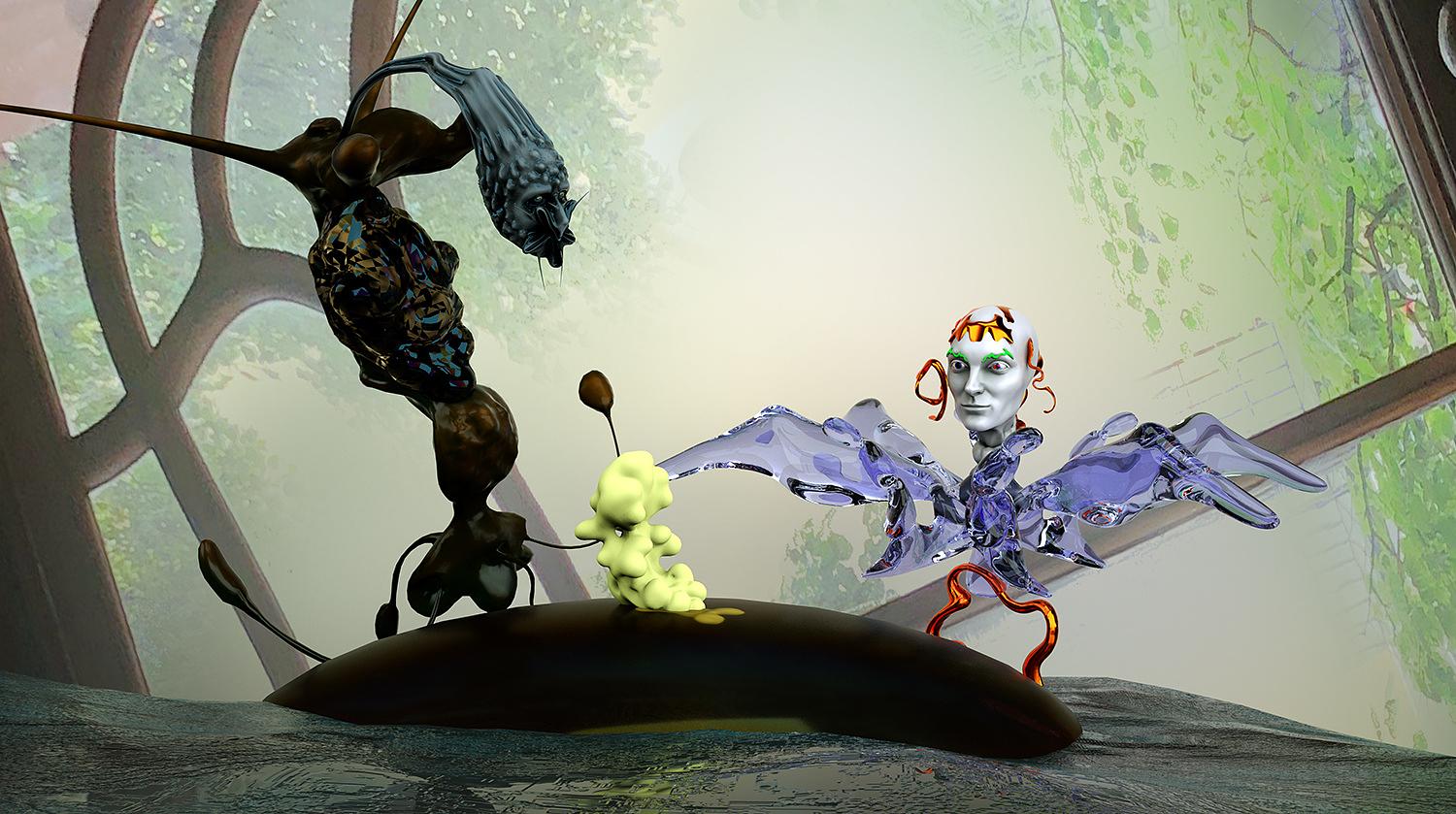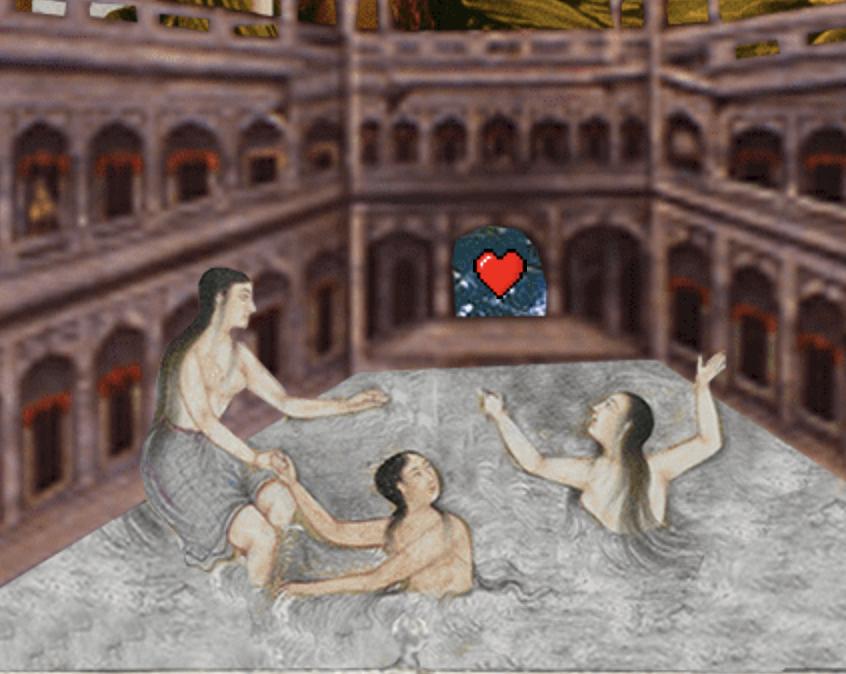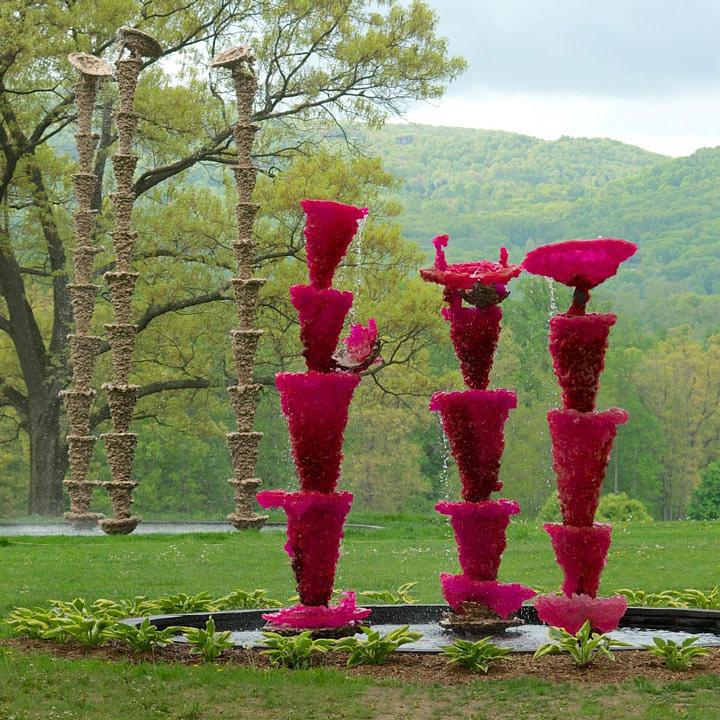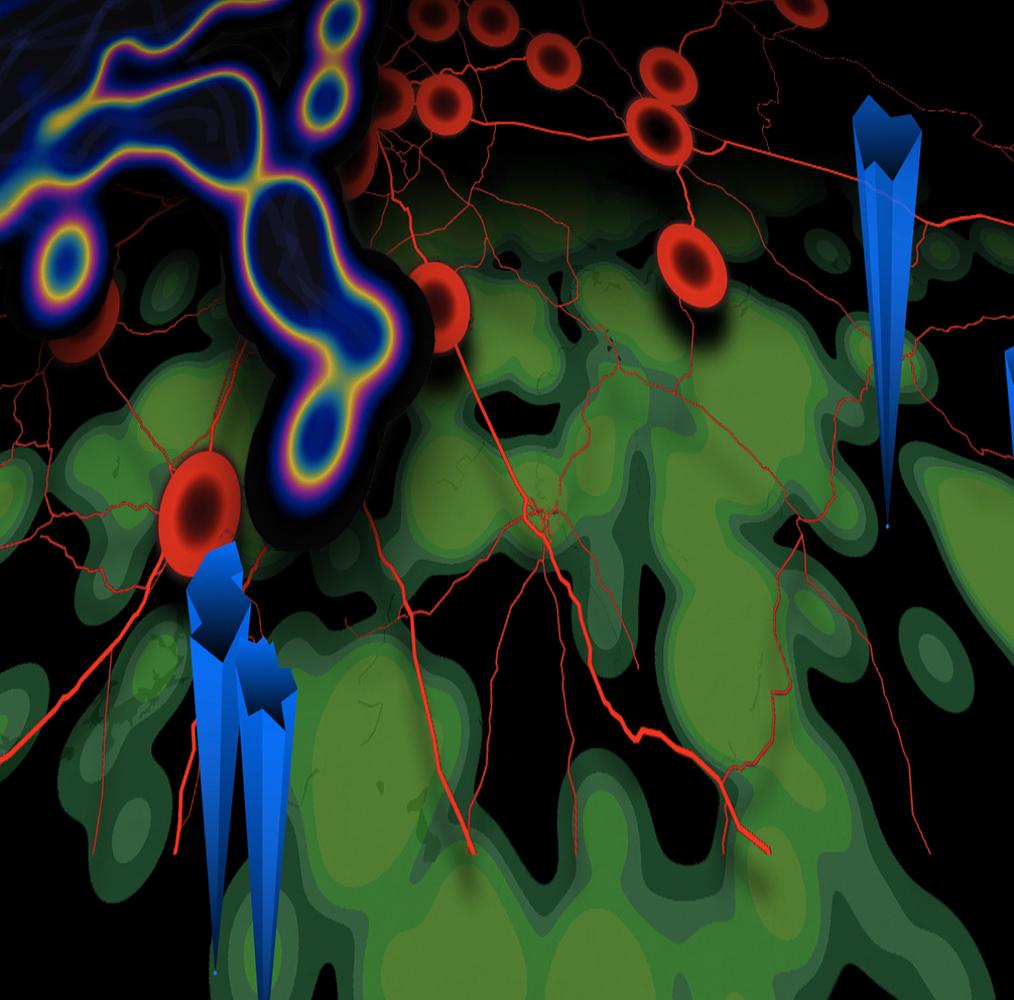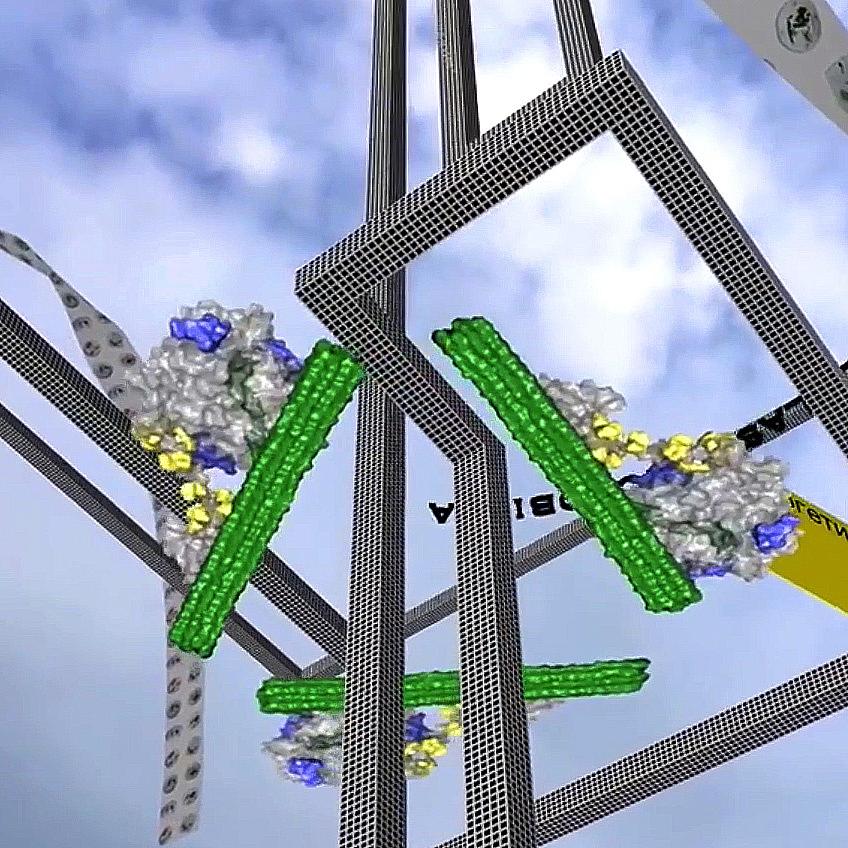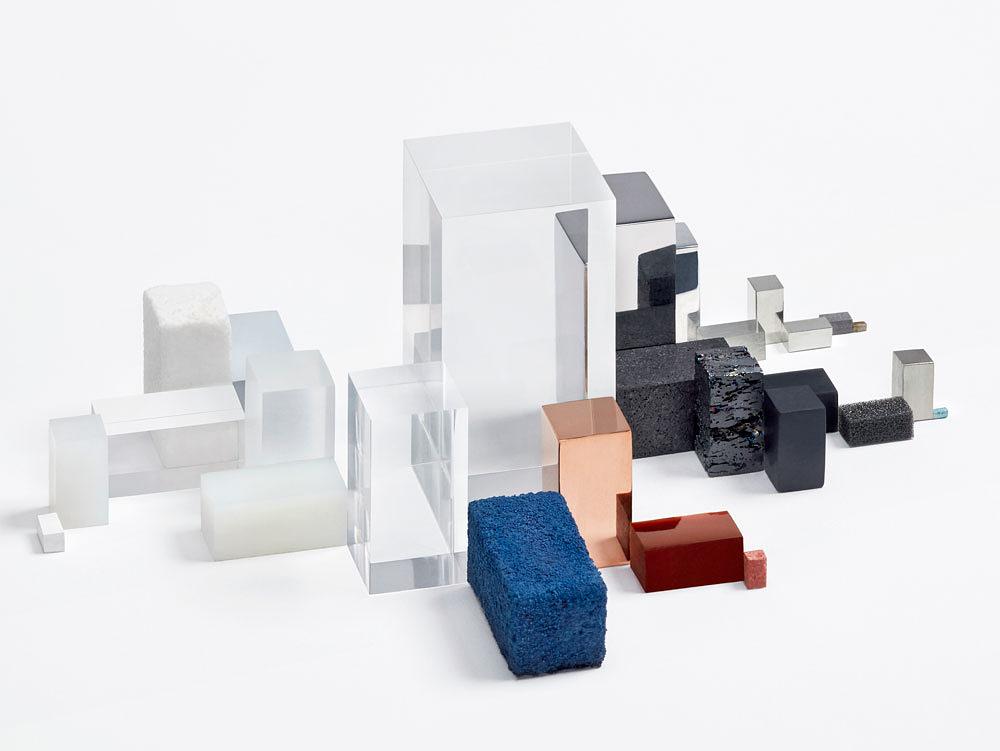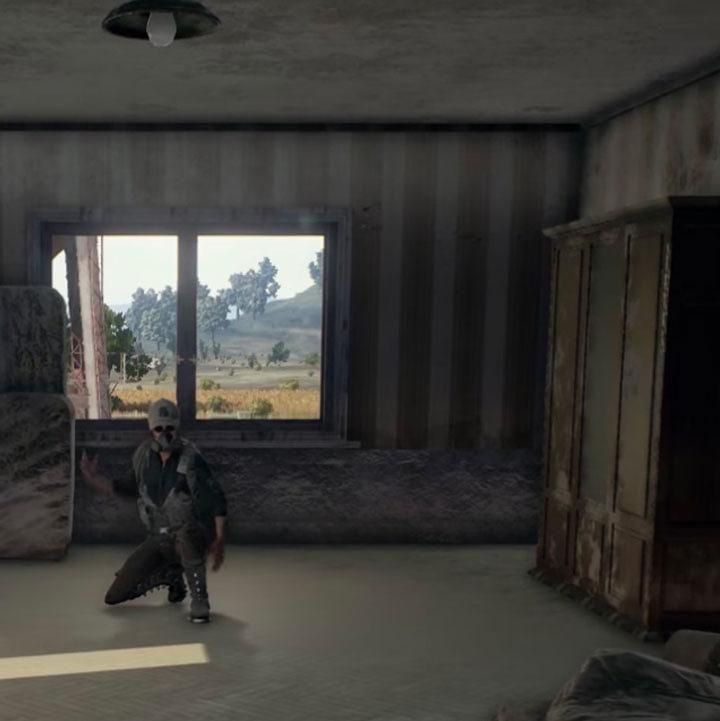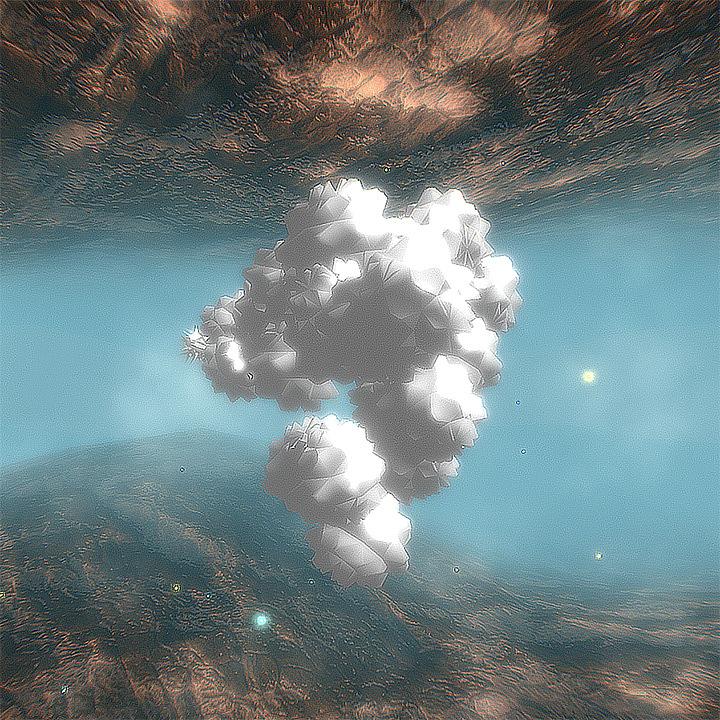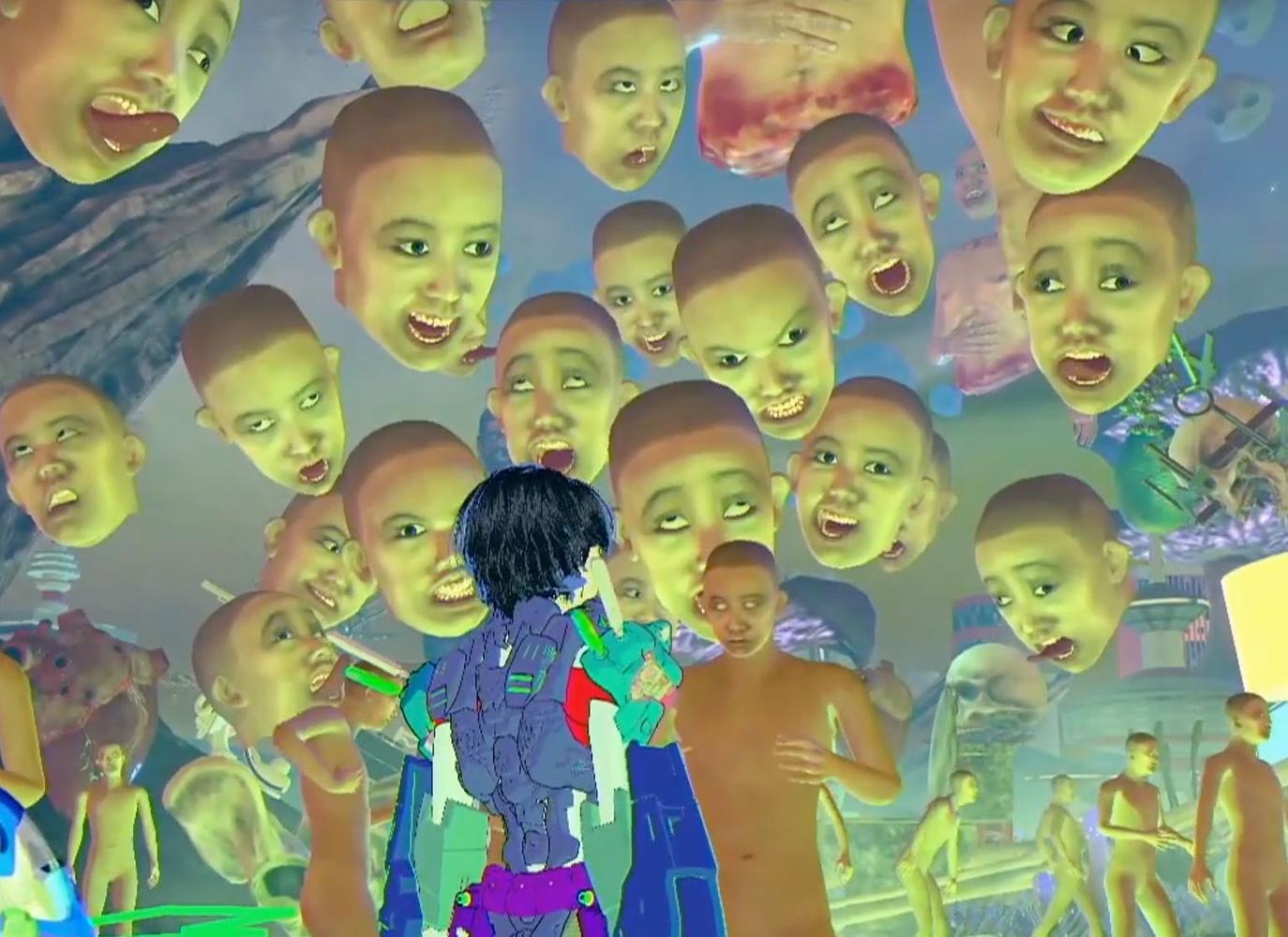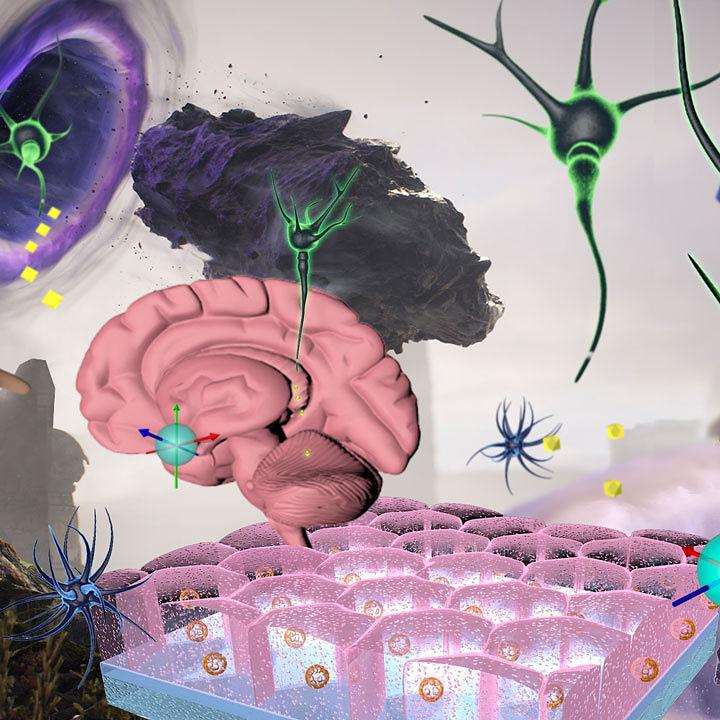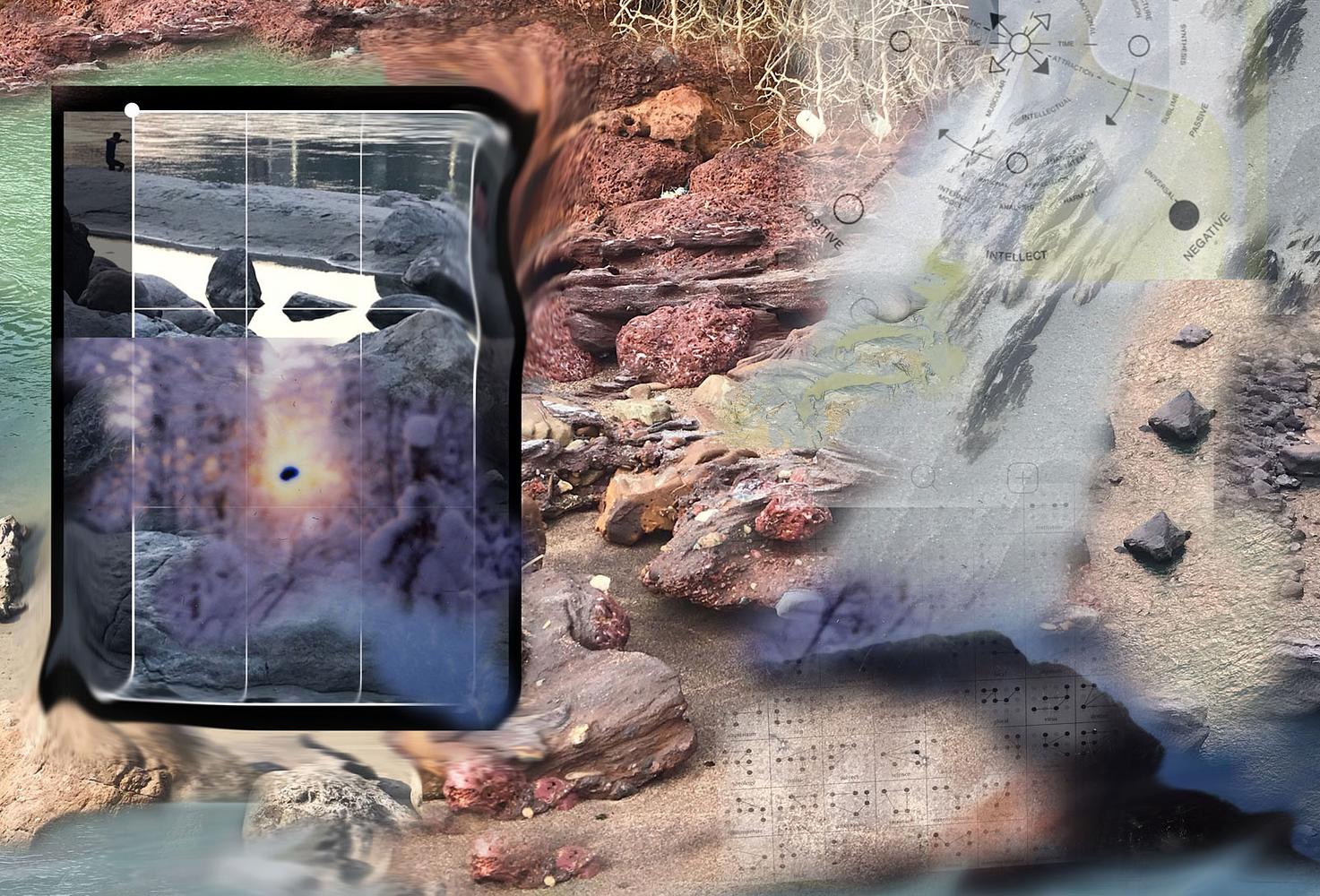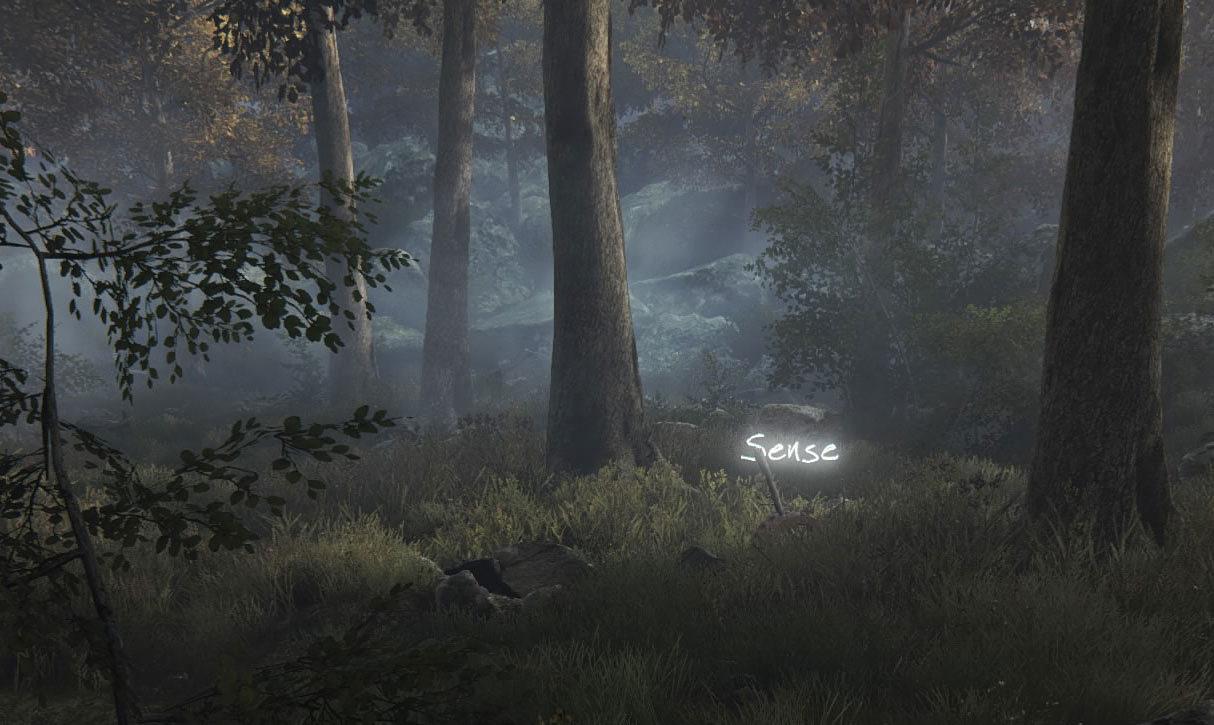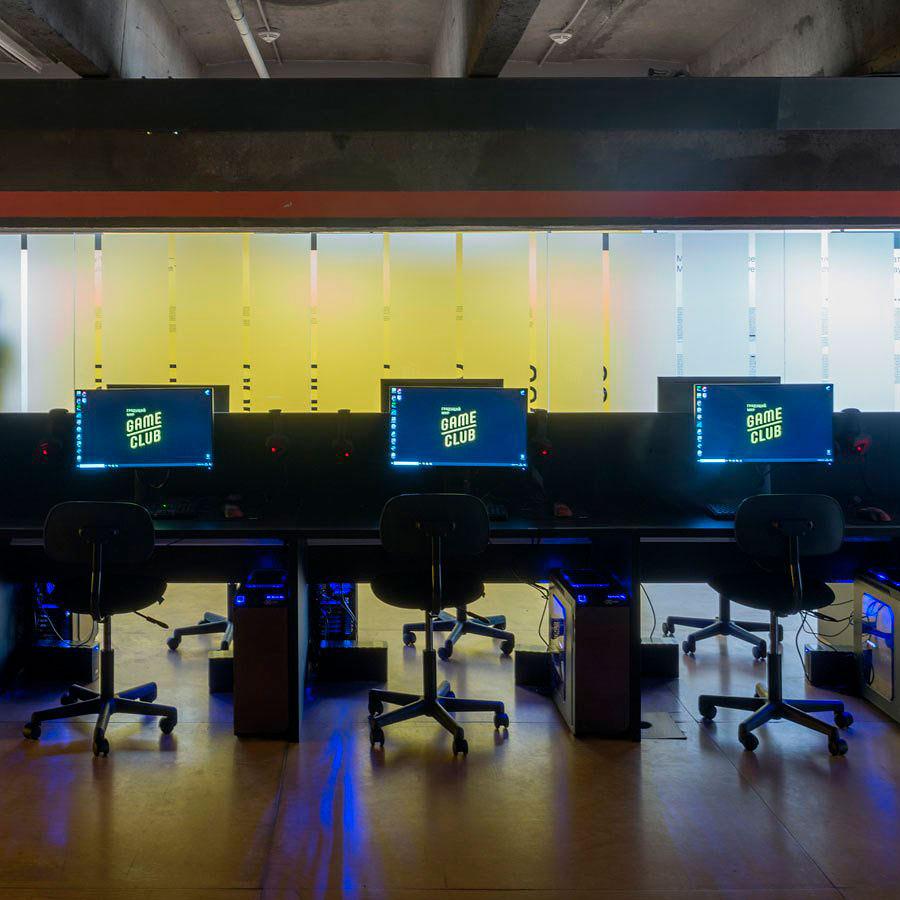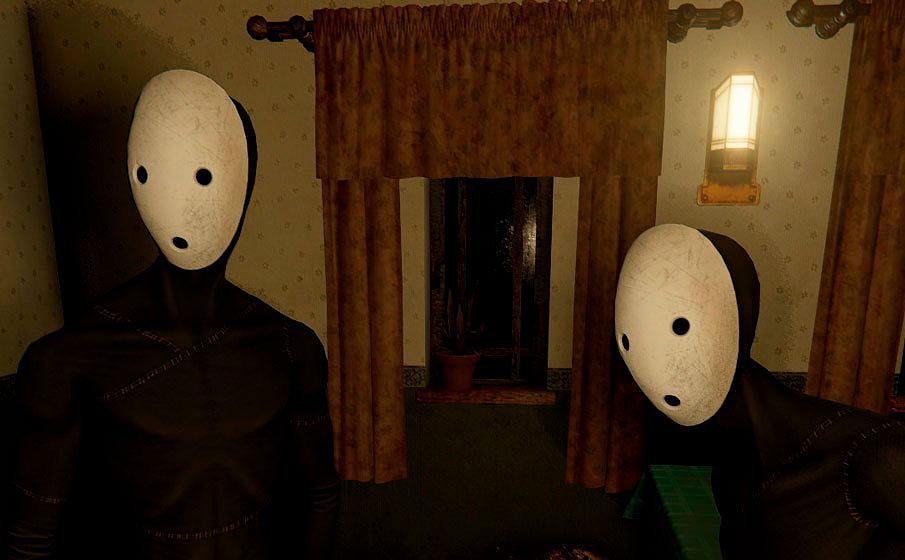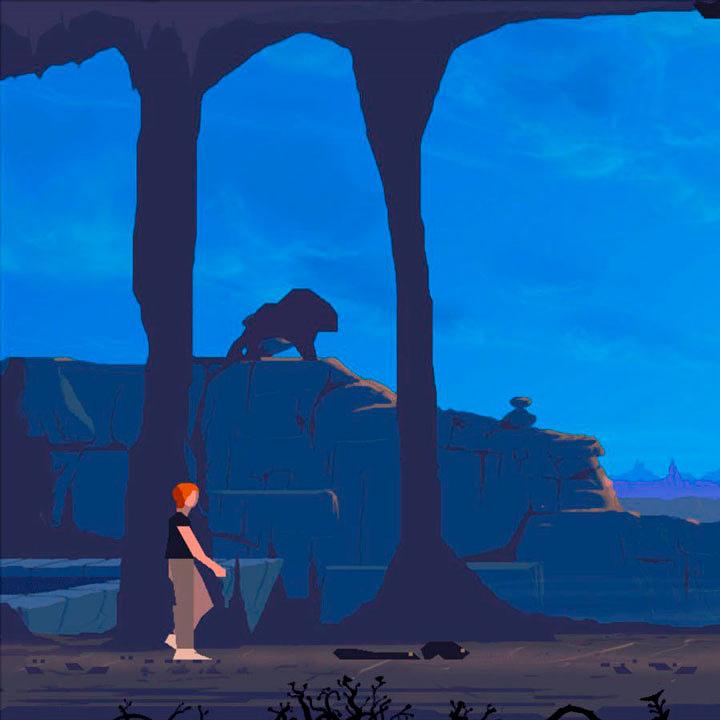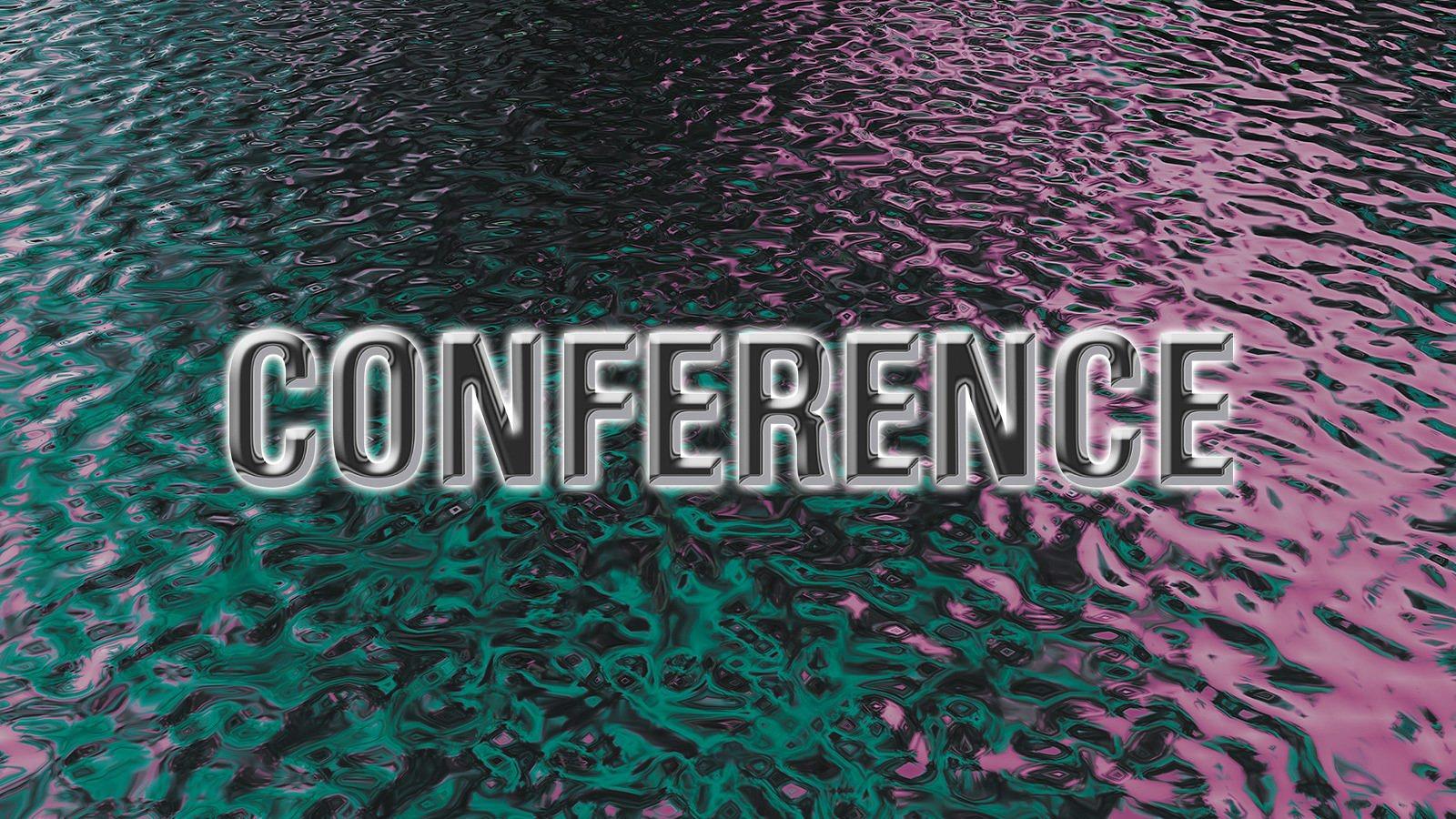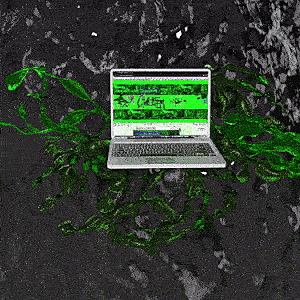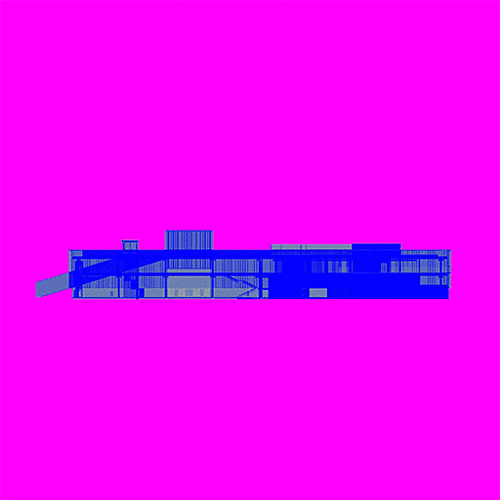
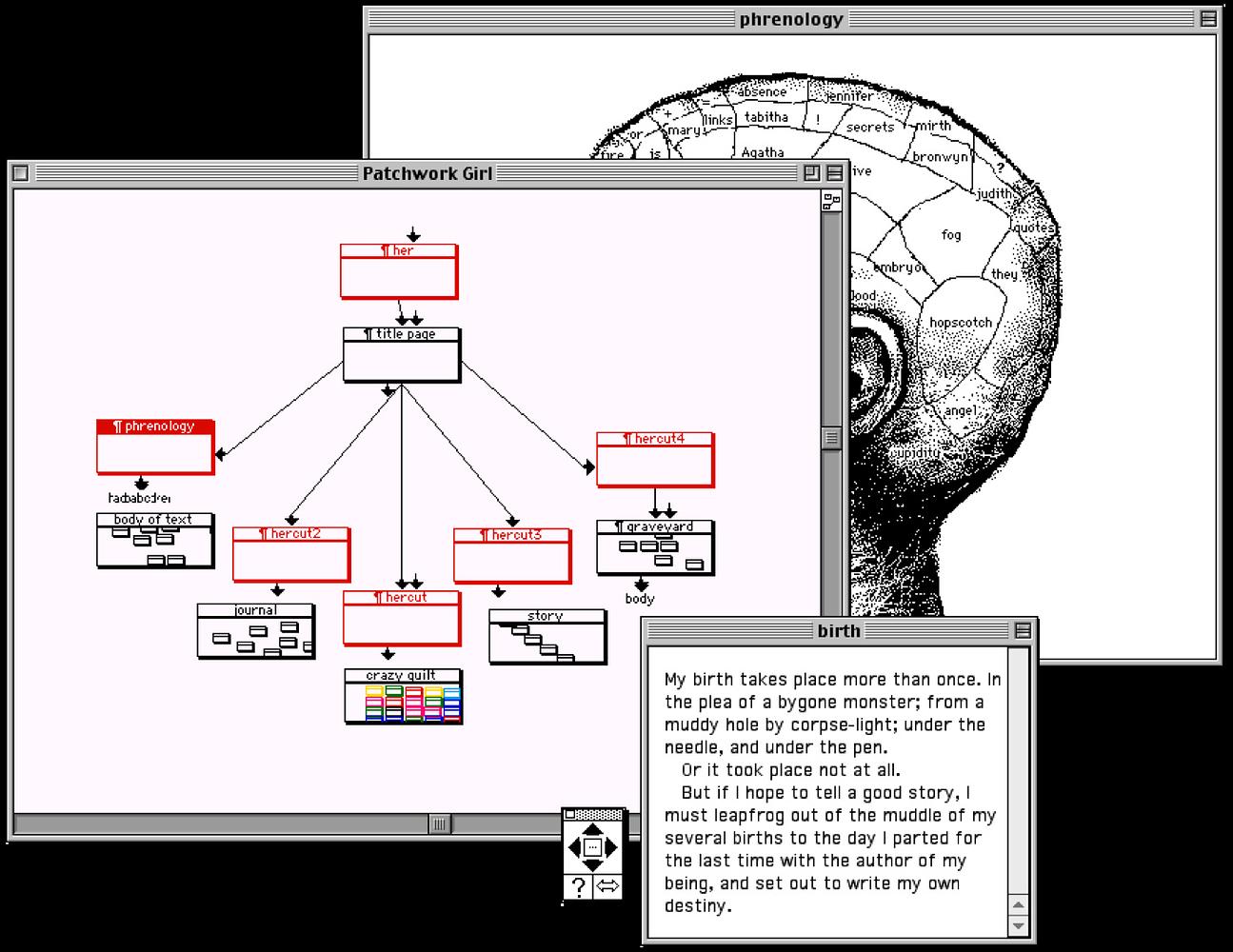
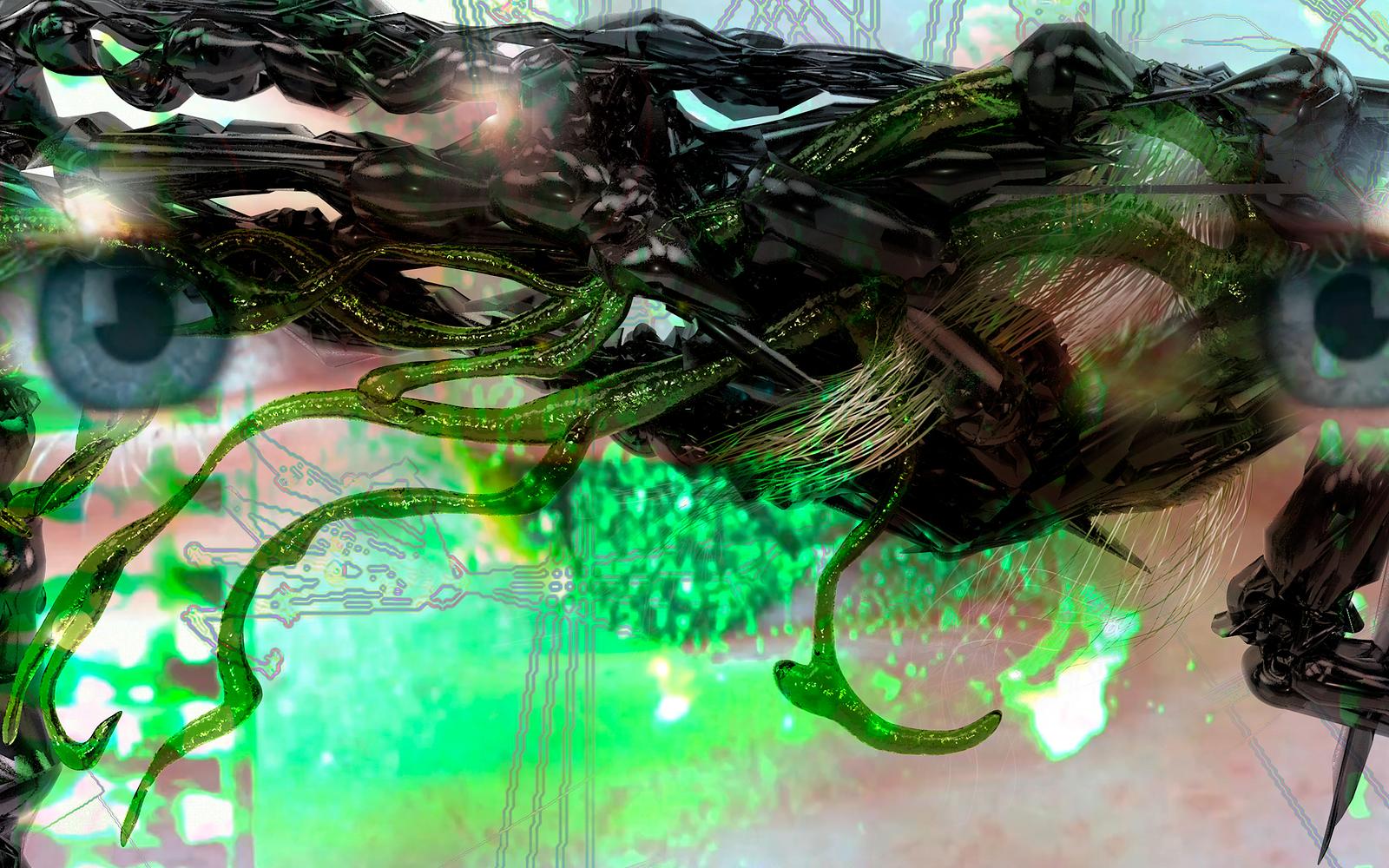
Anna Soz’s artistic research project Practical Independence is based on works from the archive of Cyber-Femin-Club, an artistic and research organization that existed in St. Petersburg in the 1990s and 2000s.
The Cyber-Femin-Club documents prompted the artist to think about how feminist strategies and theories used in the Russian-speaking sphere in the context of interaction with technologies, new media, and the early internet could be reflected figuratively in the current situation, including taking into consideration tragic historical rhythms linked to violence, anxiety, and dysfunctional social systems.
Anna Soz works with the hybrid affective environments that appear alongside the growing role of computational agency in communications and the structure of society. In Practical Independence she is guided by cyberfeminist optics, which imply that all complex network cultures can produce new types of subjectivity.
The title of the project refers to the practical independence course for women Do It Yourself, a Cyber-Femin-Club initiative run by curator Irina Aktuganova and philosopher Alla Mitrofanova. These courses offered practical skills for interacting with technology in everyday life, from building a computer and understanding how it works to car maintenance and fixing electric tools. The accent on instrumentality in opposition to state narratives of patriarchal views is important to Anna Soz, as is the fluidity and spontaneity of means of using ideas and systems constructed by various actors.
For the organizers of Cyber-Femin-Club, an important feature of the time was the absence of institutions supporting new forms of knowledge, art, and the possibilities of social action. The ideas of cyberfeminism, which were reflected in translations of important texts and exhibiting net art on the web page of Cyber-Femin-Club, were embodied in DIY strategies aimed at achieving autonomy and the gradual construction of more complex interactions between experts, artists, and the audience. Soz’s installation includes excerpts from documentation of Cyber-Femin-Club projects and motifs of DIY ethics and aesthetics, which become a complex system of coordinates that also incorporate technological, economic, and institutional infrastructures and personal strategies of liberation.
The central object within the installation Practical Independence, which is in the Skylight Gallery, is made of office chairs and equipment from the Garage store. A video that references materials found in the archive, methods of digital production, and the architecture of the installation plays on smart phones, monitors, and a large projector.
The project is based on materials from the Irina Aktuganova and Sergey Busov archive, which is part of Garage Archive Collection. The archive contains three groups of materials linked to art projects involving Aktuganova and Busov in St. Petersburg of the 1990s and 2000s: Gallery 21, Cyber-Femin-Club, and Gallery of Experimental Sound (GEZ-21).
Garage and Anna Soz would like to thank Irina Aktuganova and Alla Mitrofanova for their advice and FabLab digital production laboratory at MISIS National University of Science and Technology for technical support in creating the installation.
Curator: Nikita Nechaev
Project Manager: Valentina Osokina
Garage Digital Program Manager: Olga Lisagor
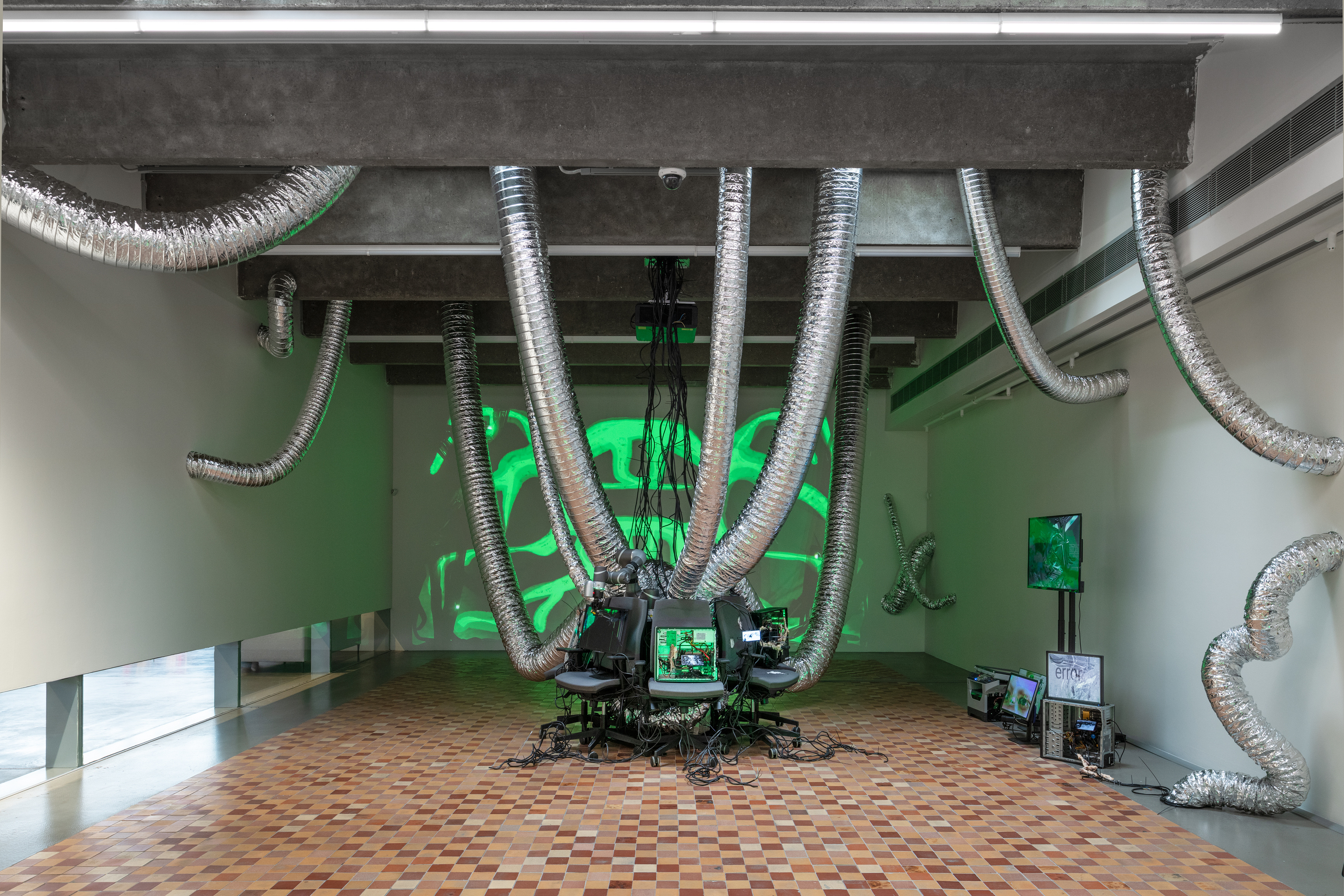
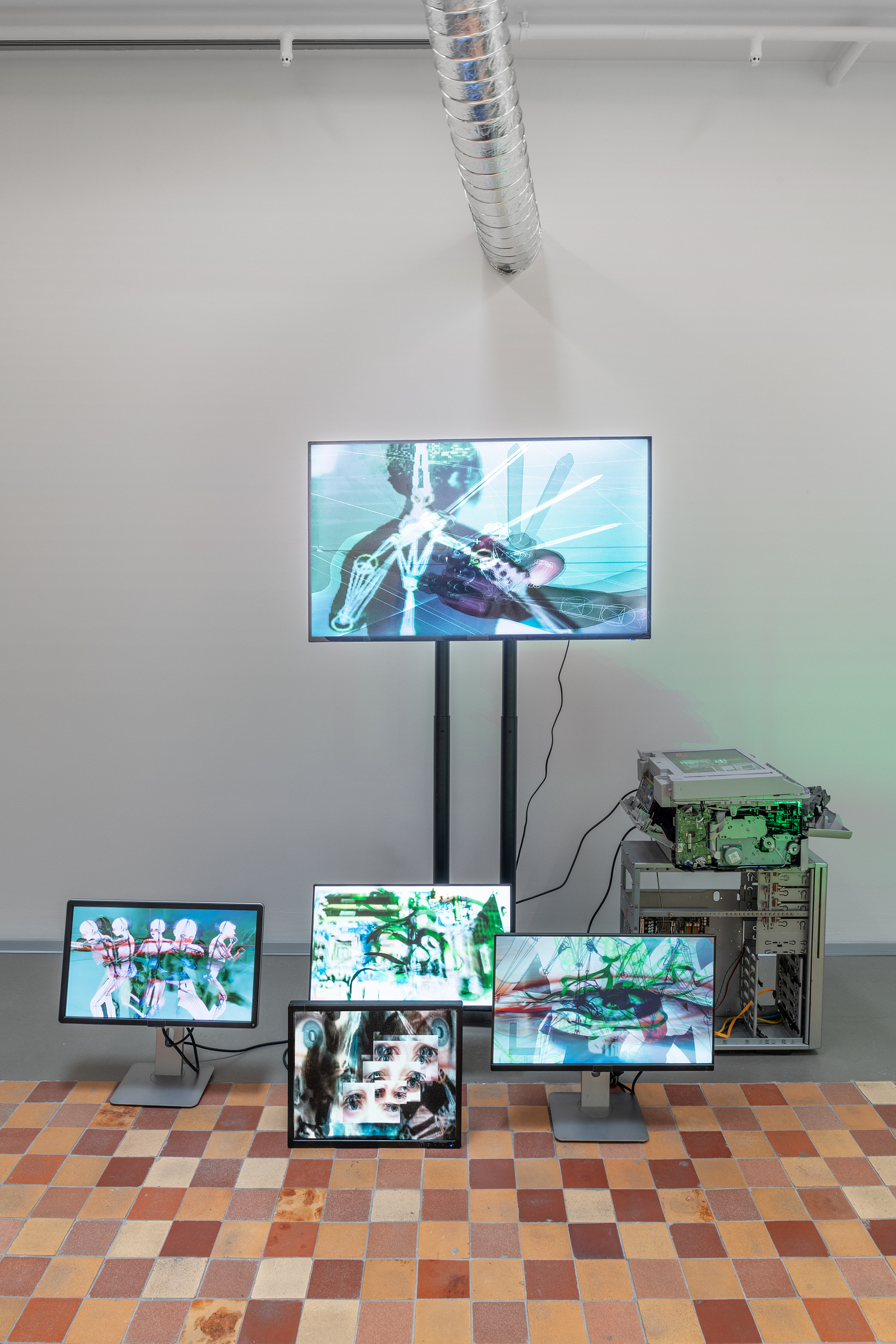
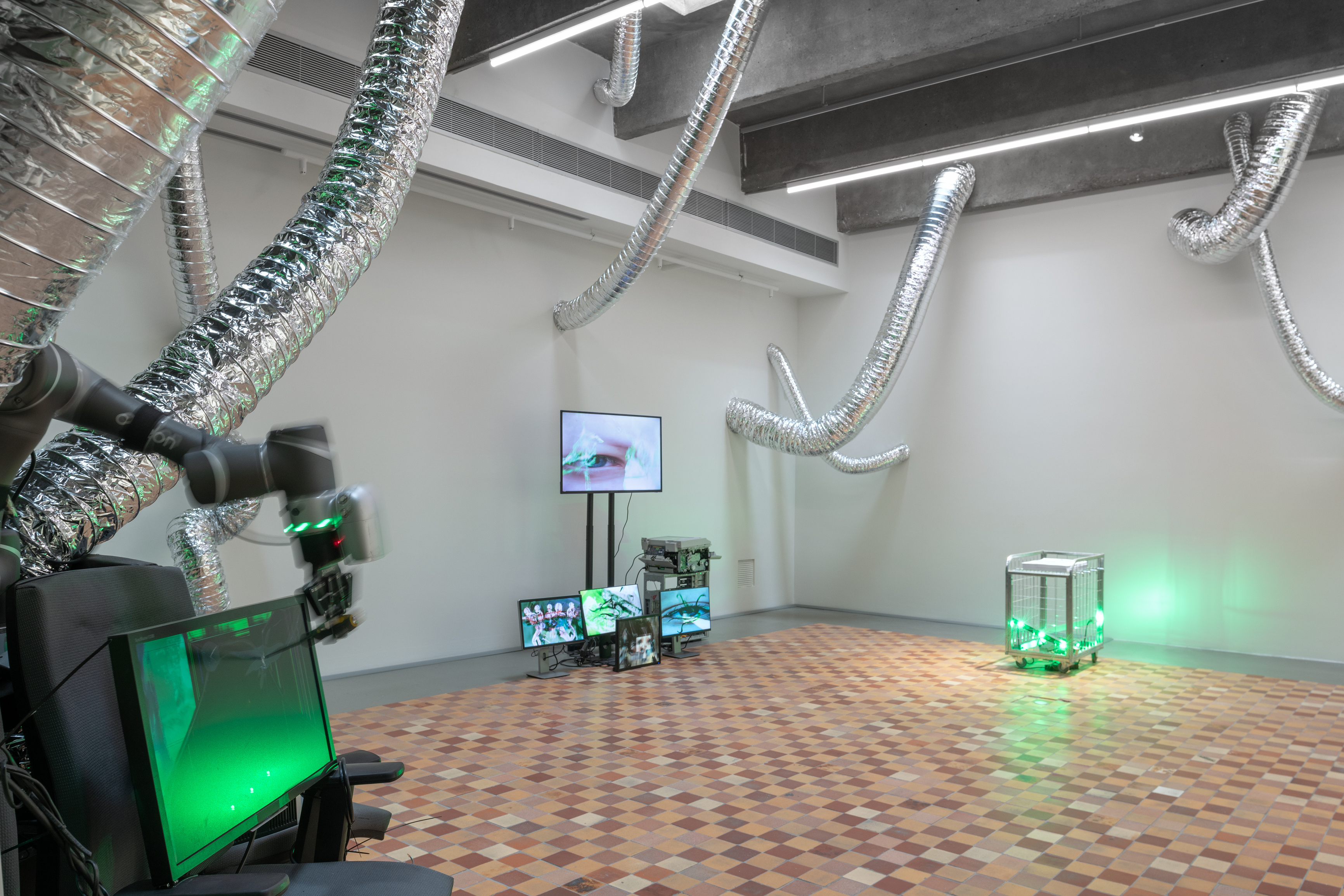
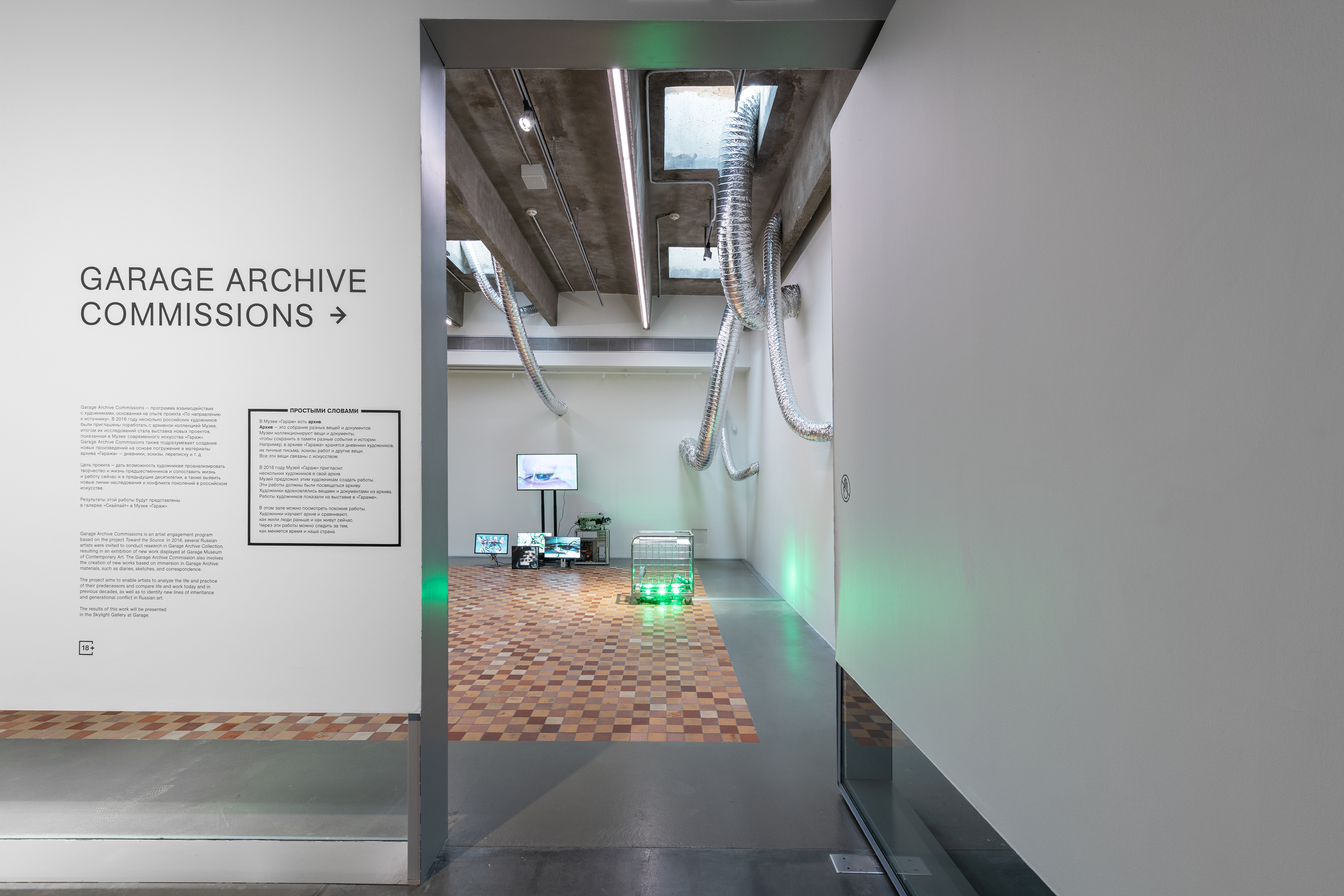
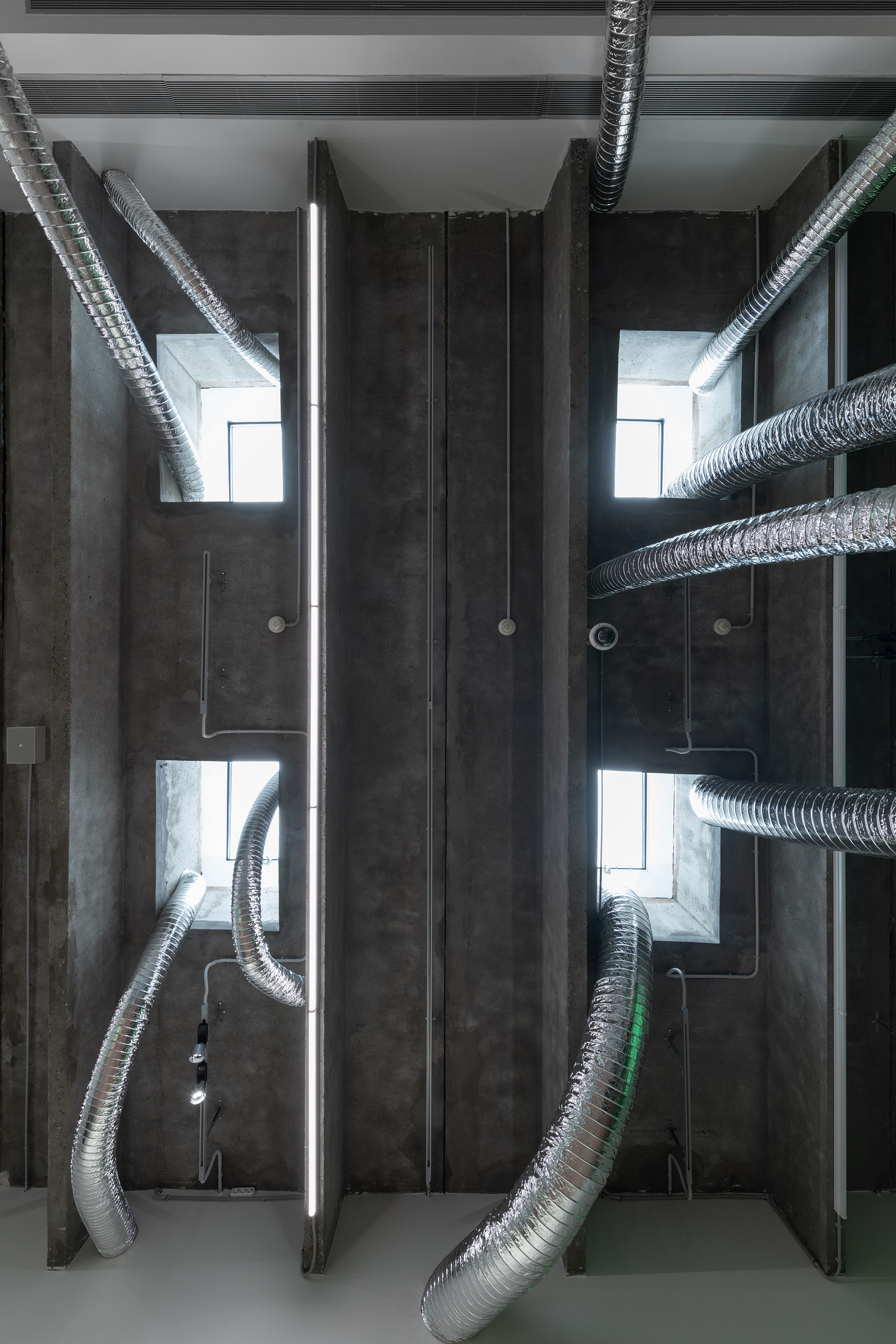
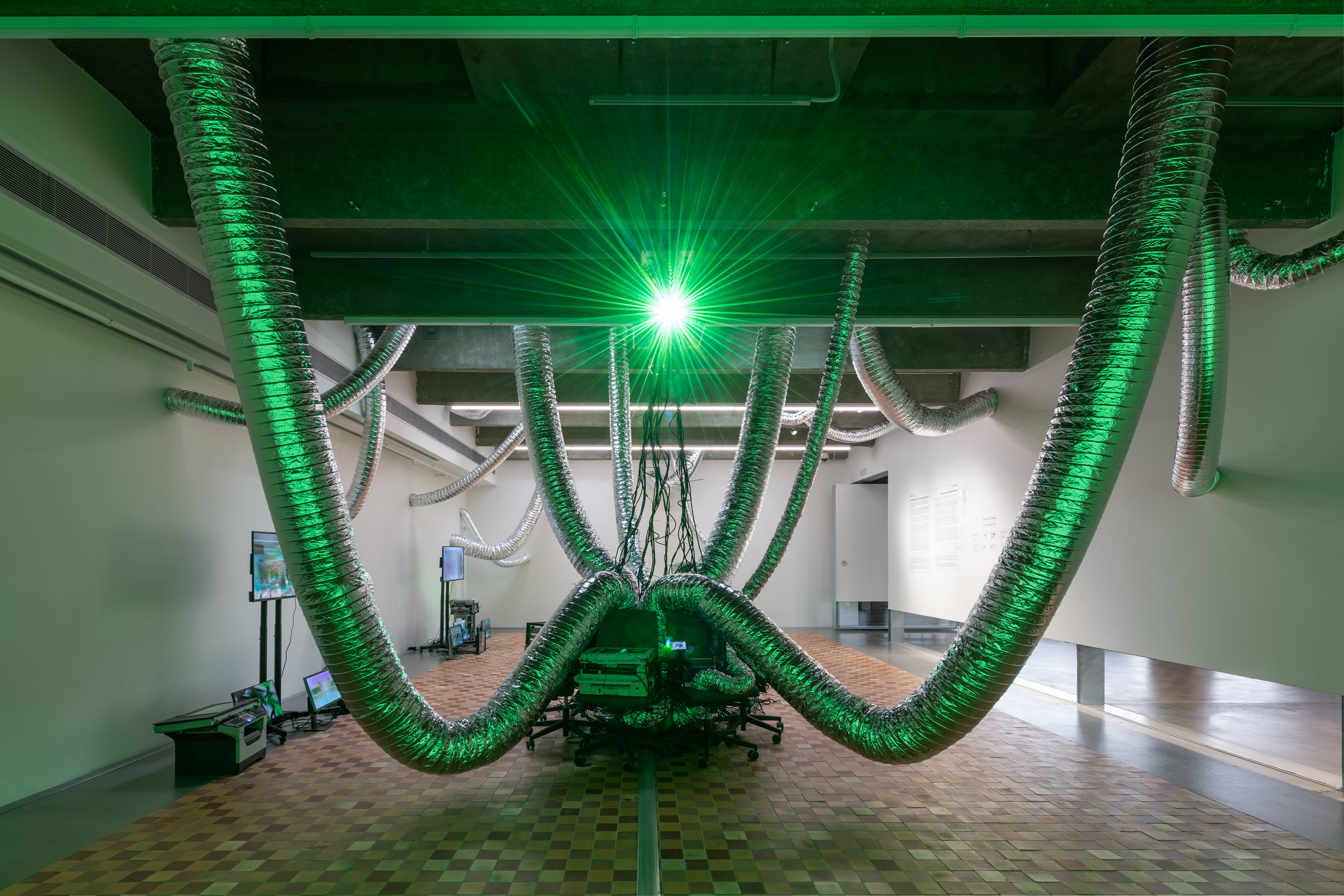
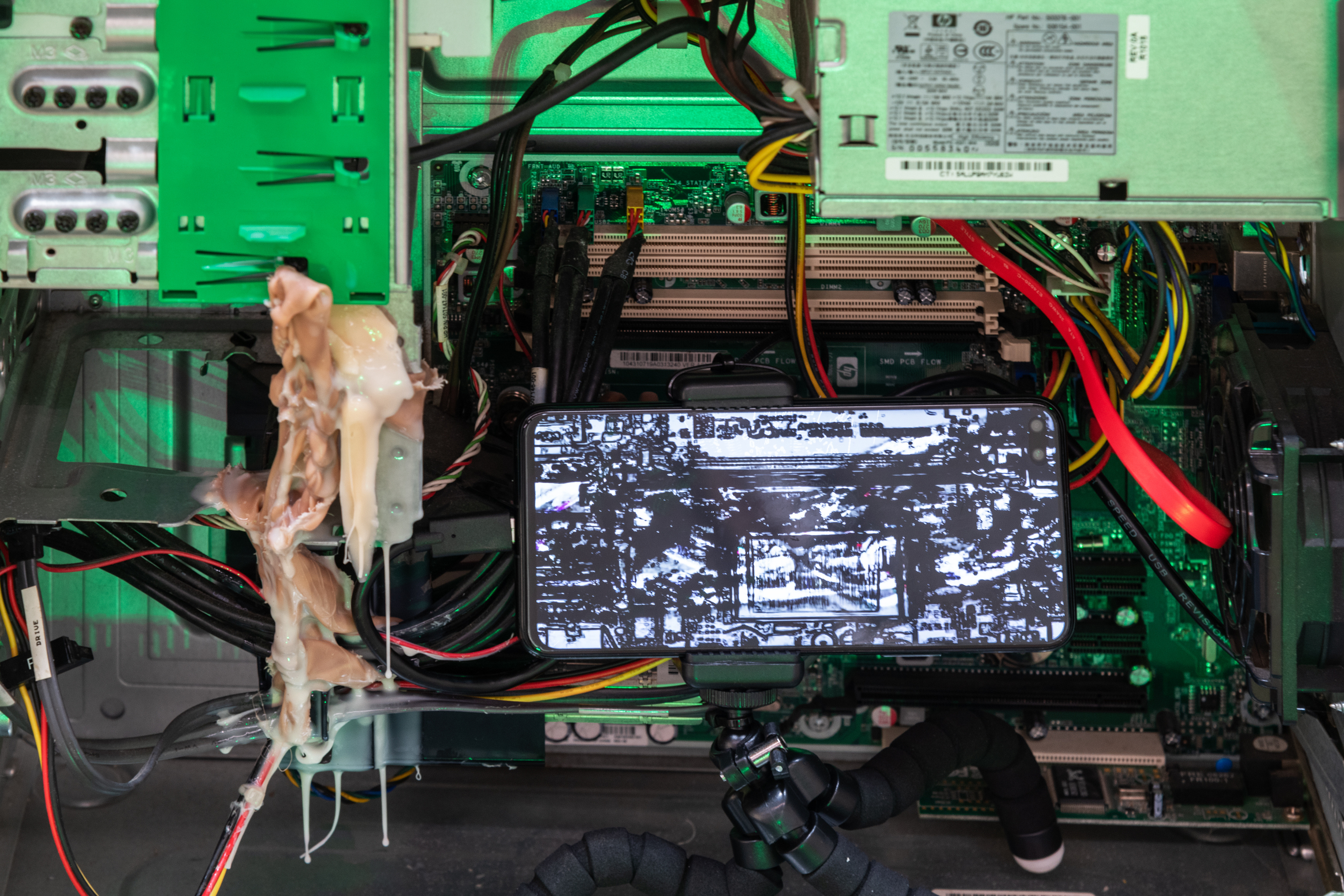

Installation view of Anna Soz’s project Practical Independence at Garage Museum of Contemporary Art, 2023
Photo: Alexey Narodizkiy © Garage Museum of Contemporary Art
(b. 1993, Moscow) is an artist, web customizer, editor, and media researcher. Her practice involves xenopoetics, research into the transformation of the culture of representation, and traces of technological and mass media influence imprinted in linguistic constructions, visual fragments, and hybrid forms of existence. She works with installations, objects, drawings, text, and liminal mediated conditions. She studied journalism at Moscow State University and media theory and cultural analysis at Södertörn University (Stockholm), where she researched media effects and manipulative technologies in the mass media. In 2021, she graduated from the BAZA Institute (Moscow). She is currently a student on the program Artistic and Curatorial Practice at the New Center for Research and Practice. She is the co-organizer of the collectives NII Prichastnost and Talking Cure. Solo exhibitions include The Garden of Hybrid Organisms, NII Prichastnost, Moscow (2021). Group exhibitions include: Exhibition of Postcyberfeminist Art, Roza House of Culture, St. Petersburg (2020), Transfer, Projection, Processing, Winzavod Contemporary Art Center, Moscow (2021); Vol. 1 Now or Ever, Talking Cure, Moscow (2022); and Terminal B, Smena Contemporary Art Center, Kazan (2022).
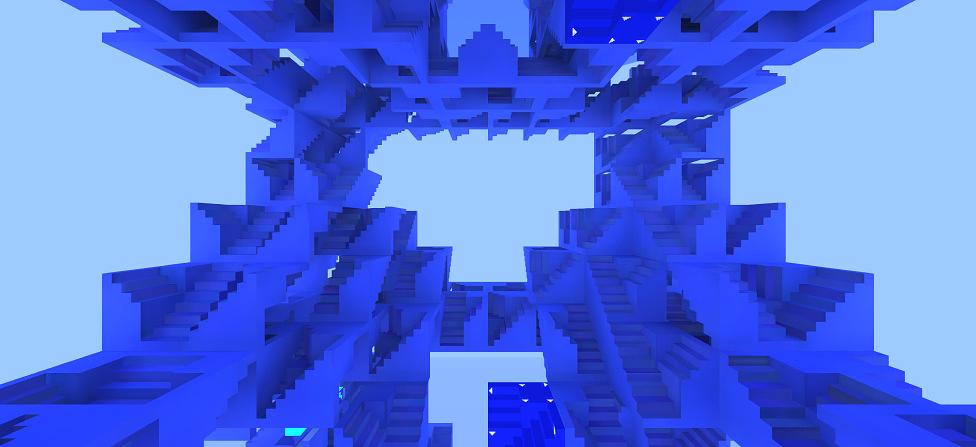
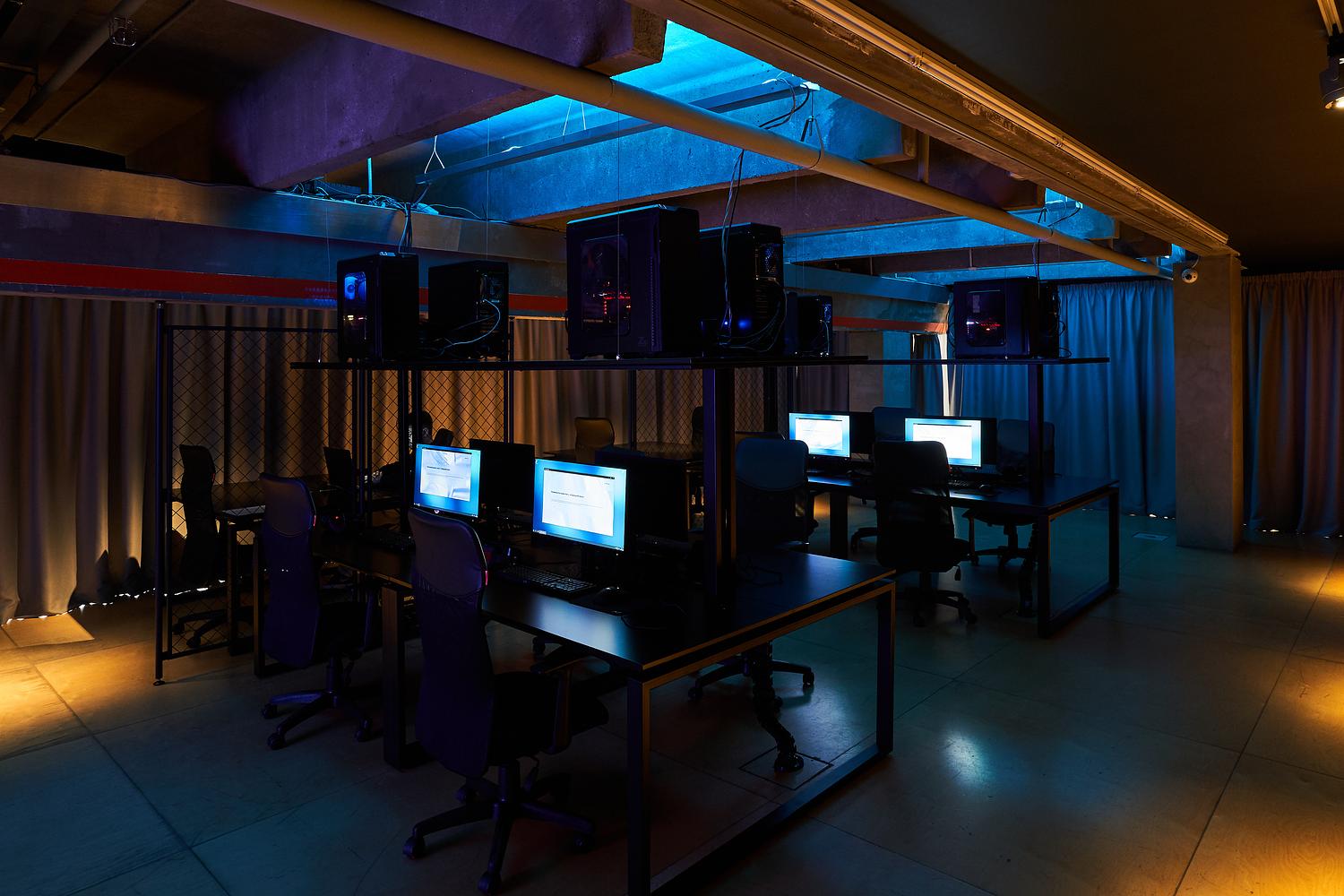

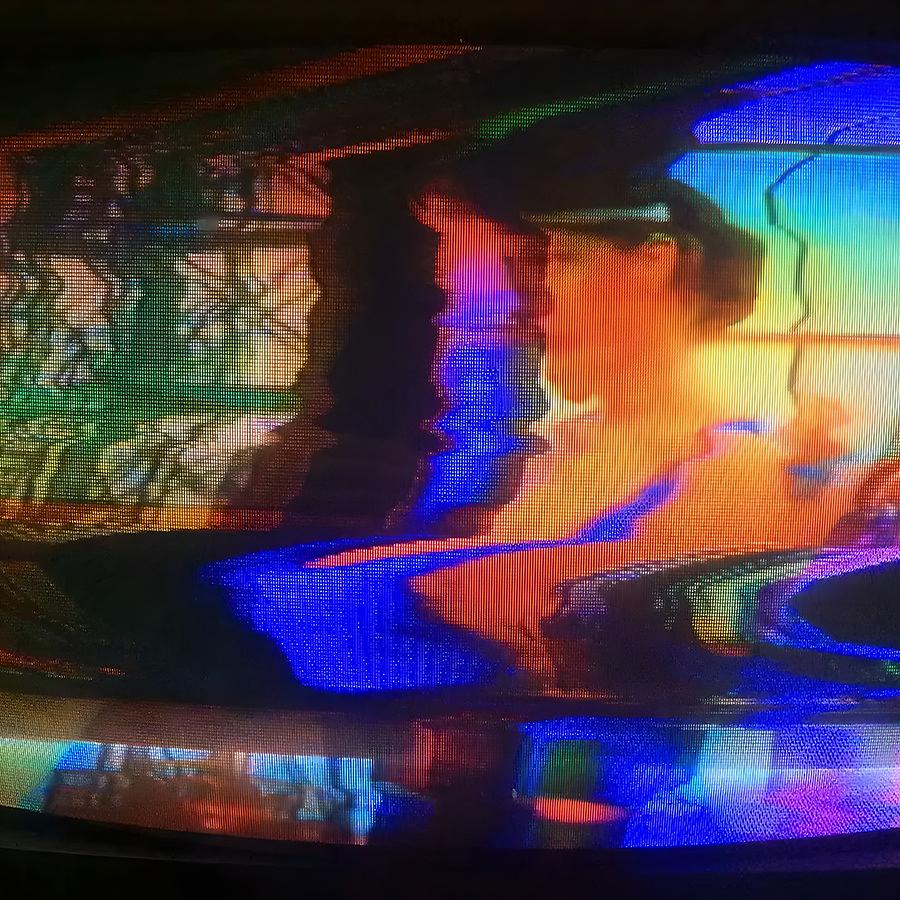

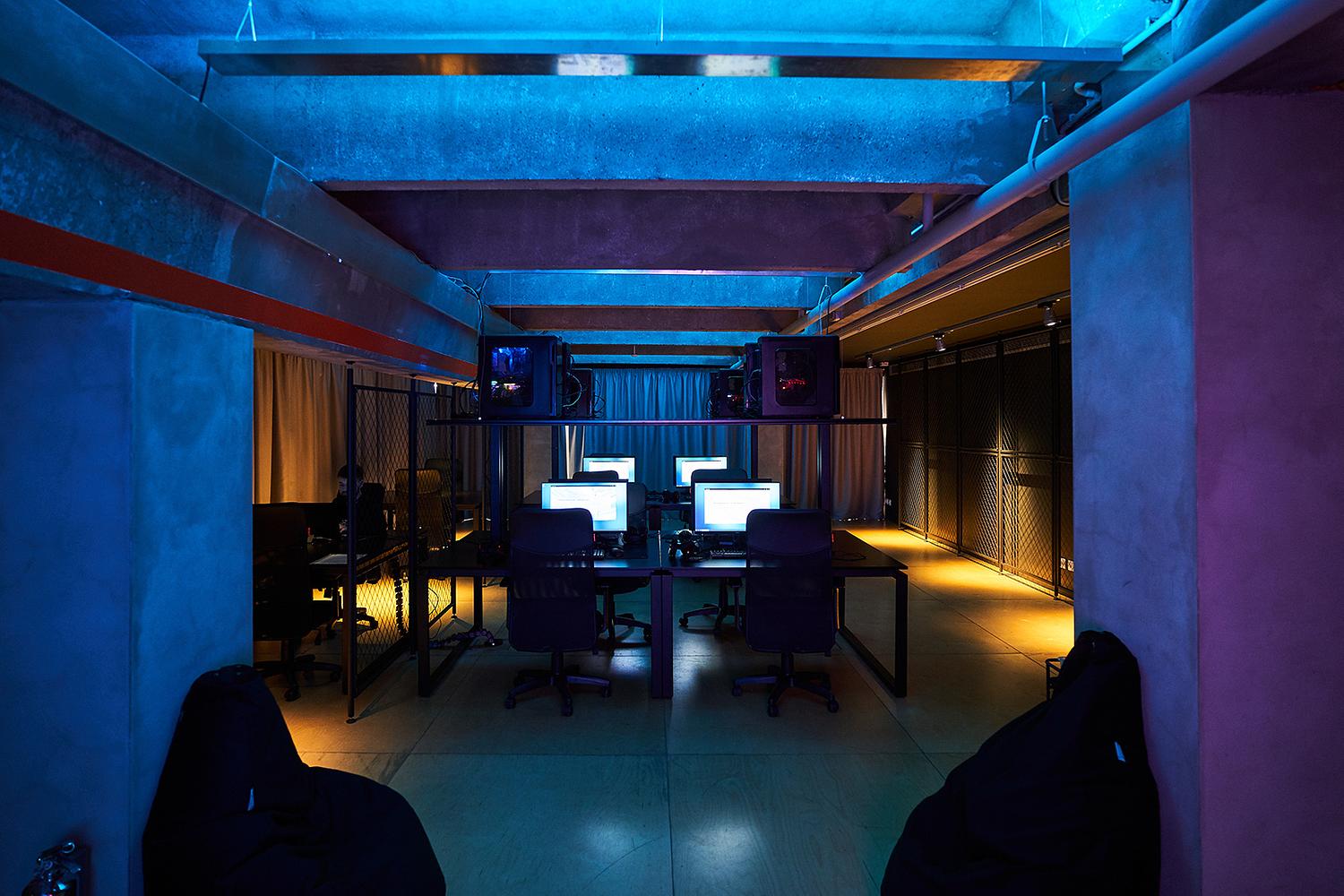
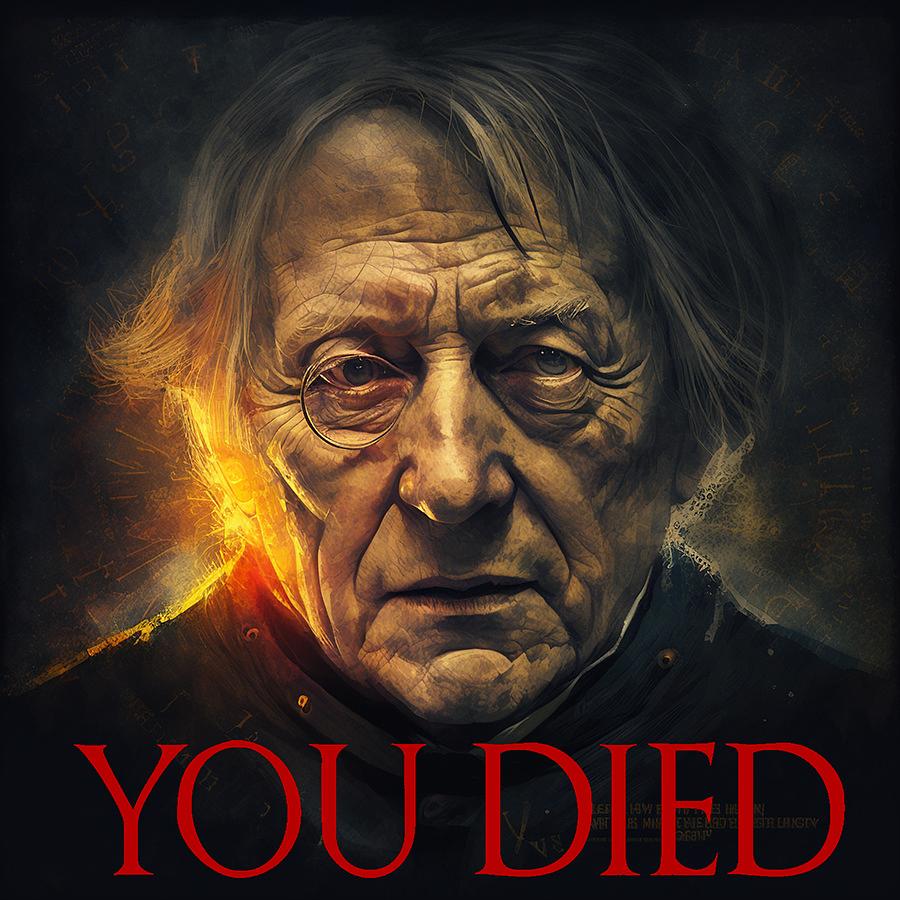
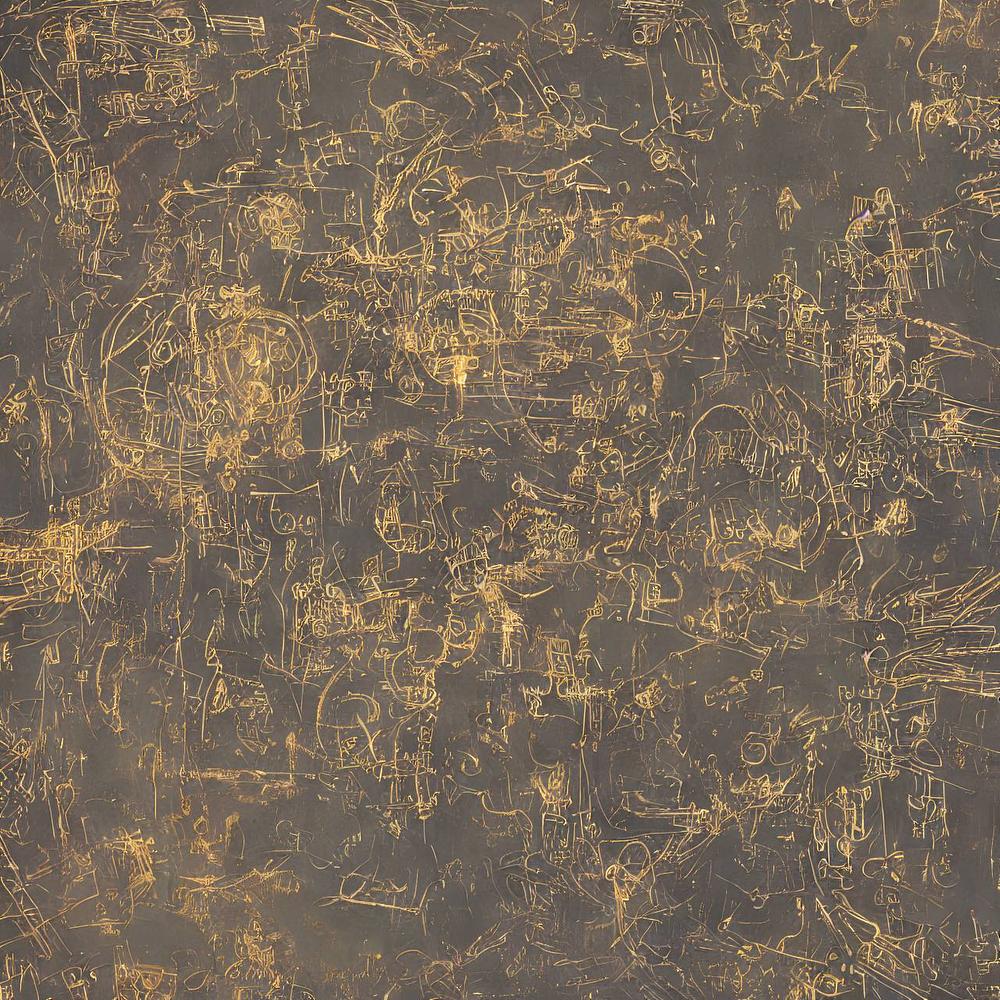
The main goal of the seminar is to transform gaming practice, which is casually believed to be a nonimportant recreational activity, into a training ground for the production of knowledge and social and cultural studies.
This event is part of the public program of the World Gone By computer class.
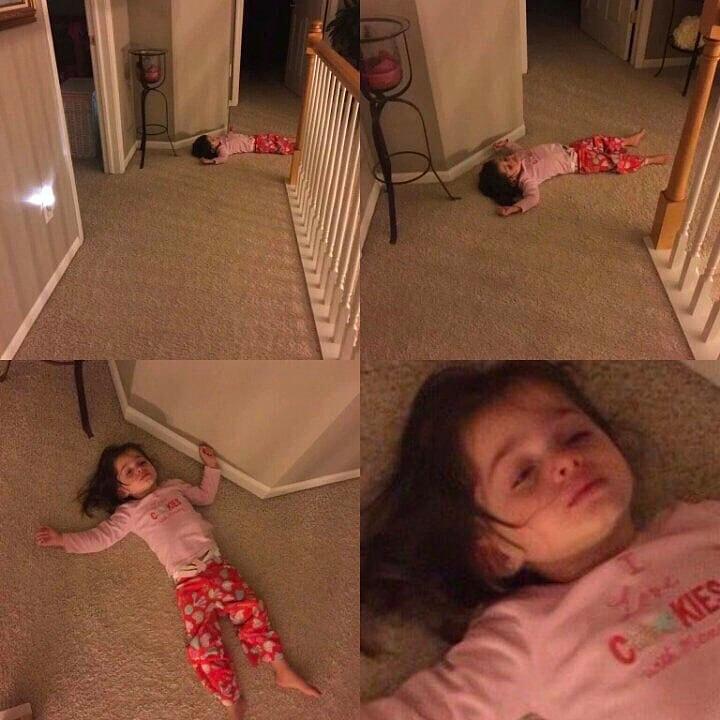
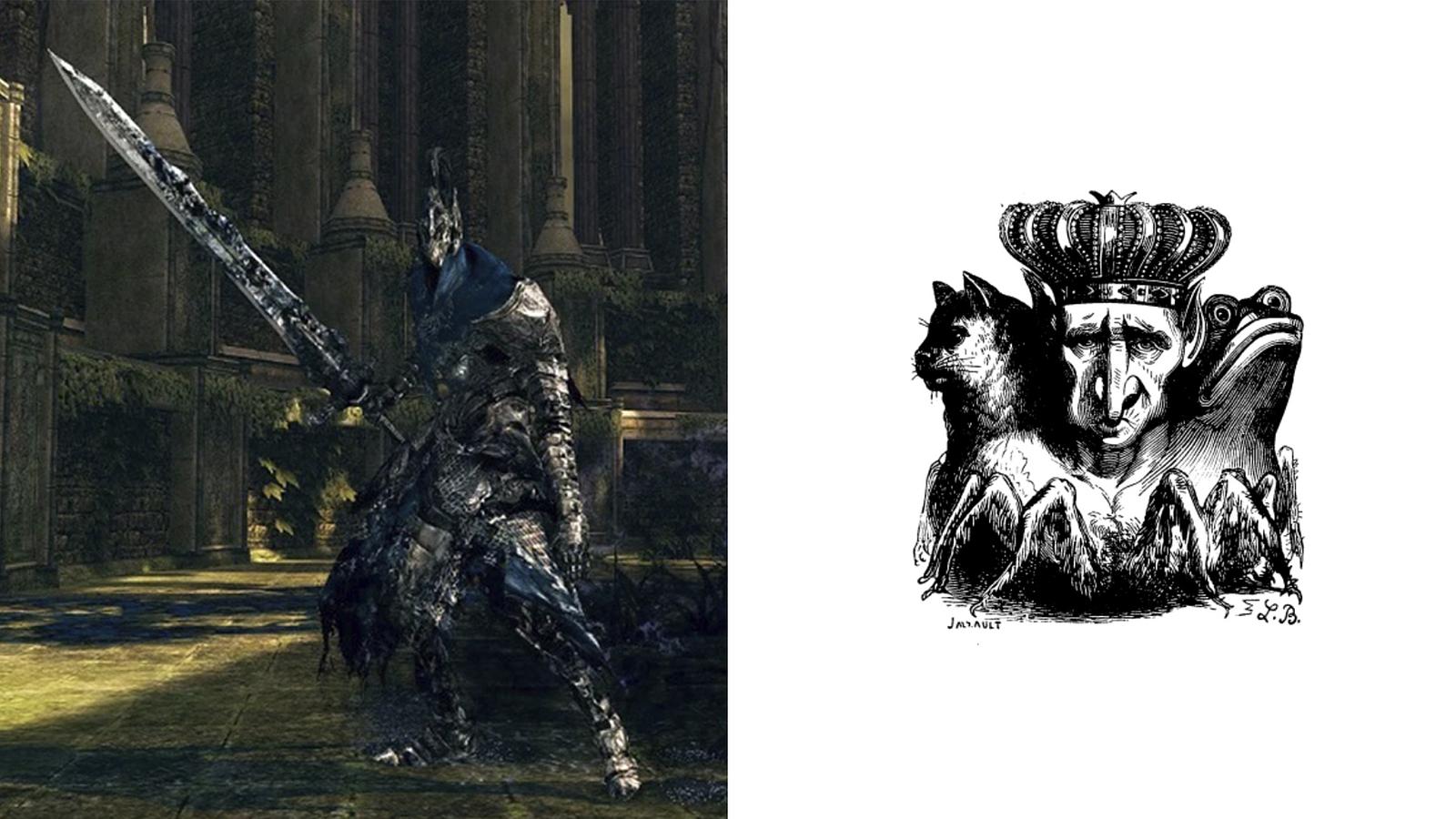
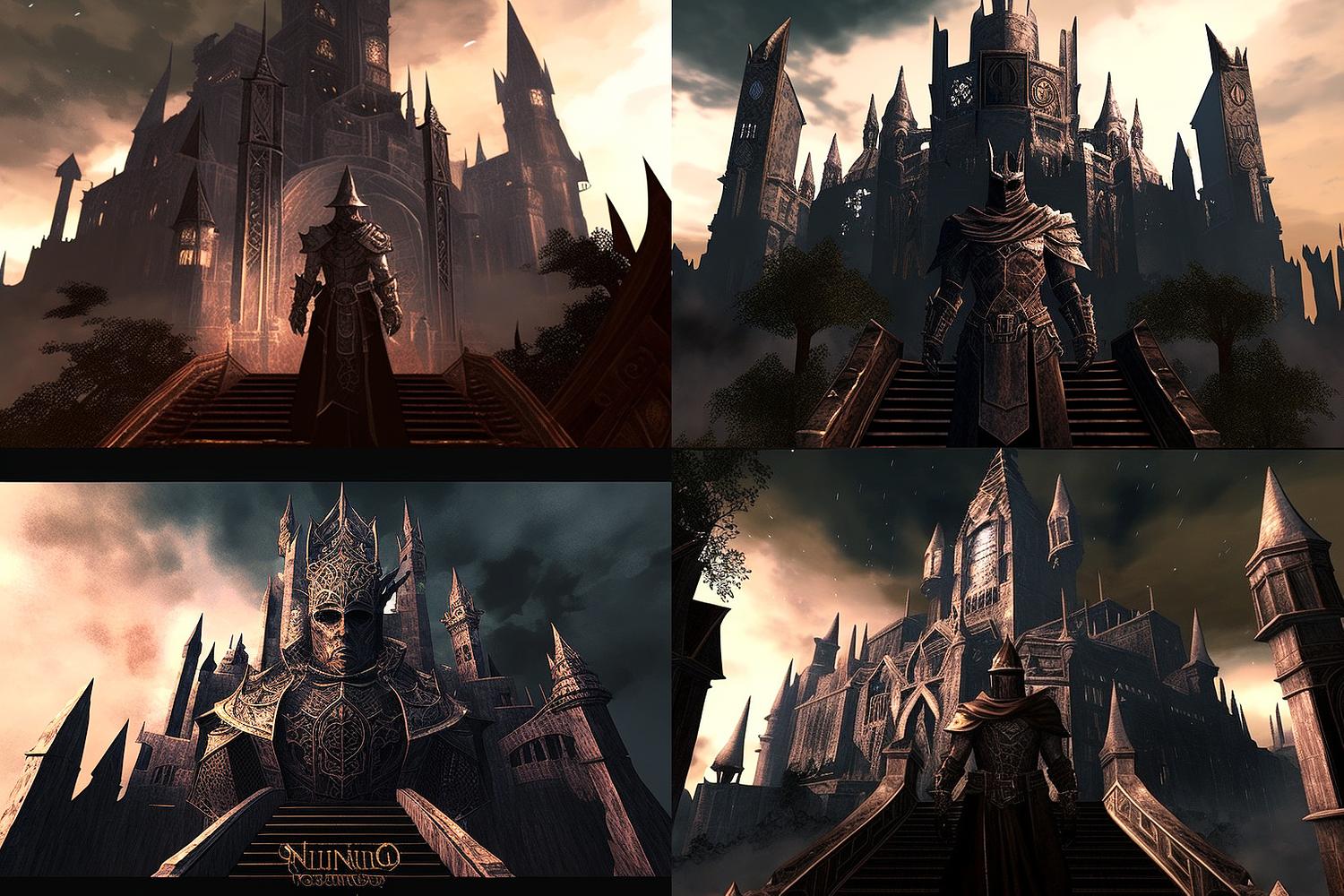
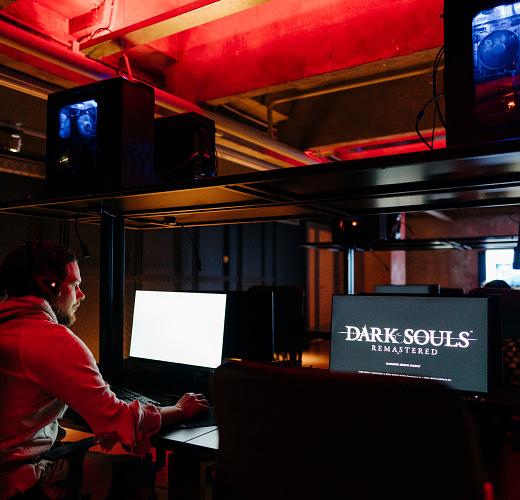
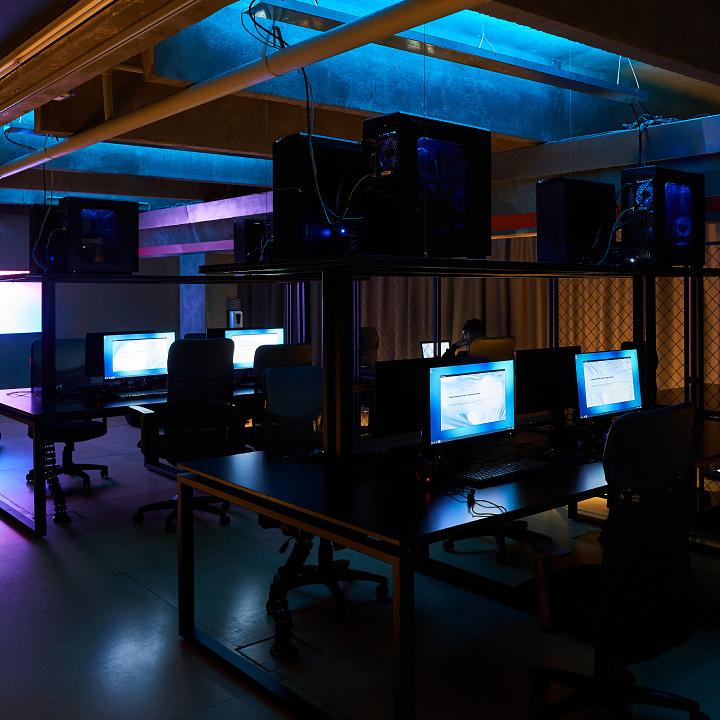

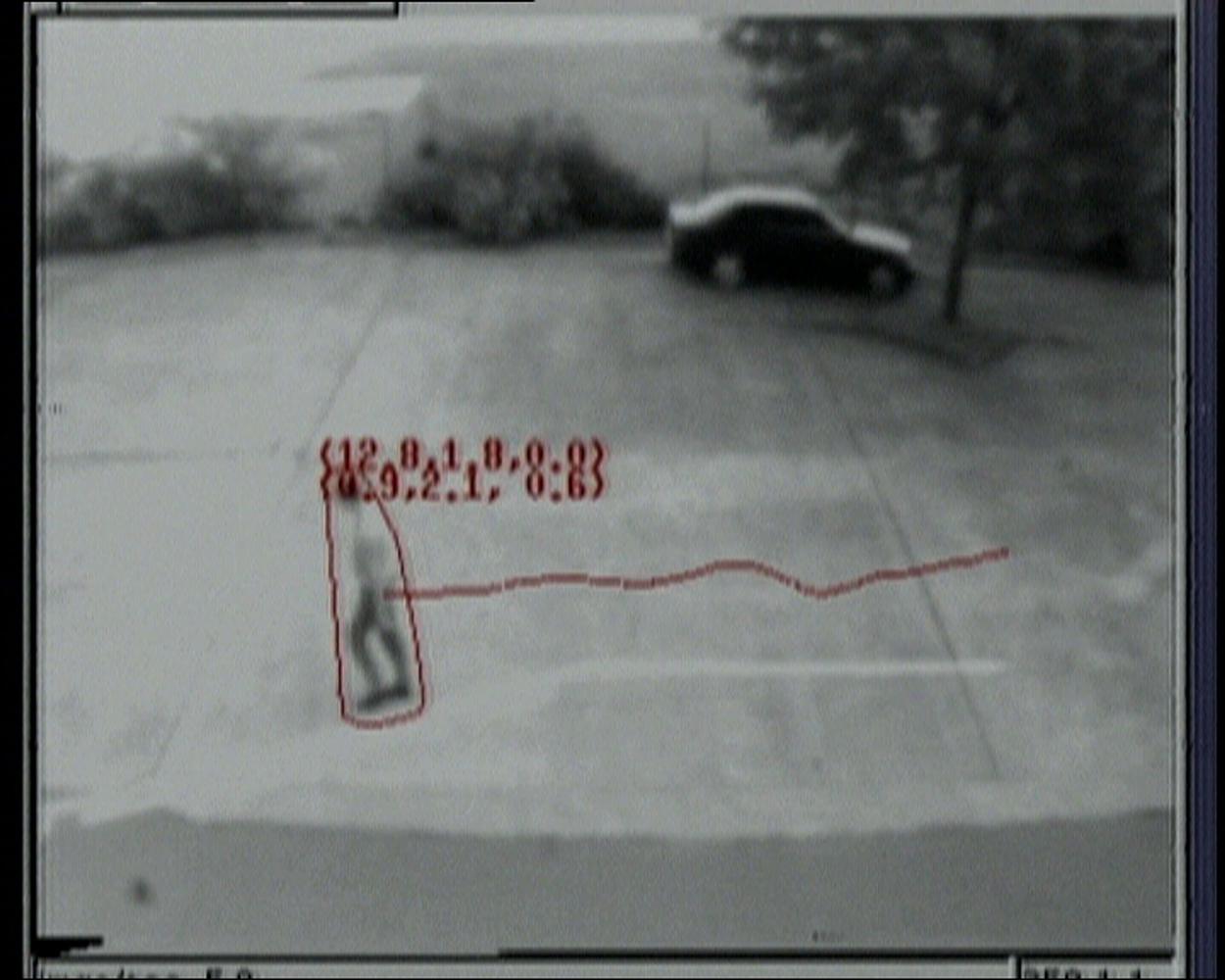
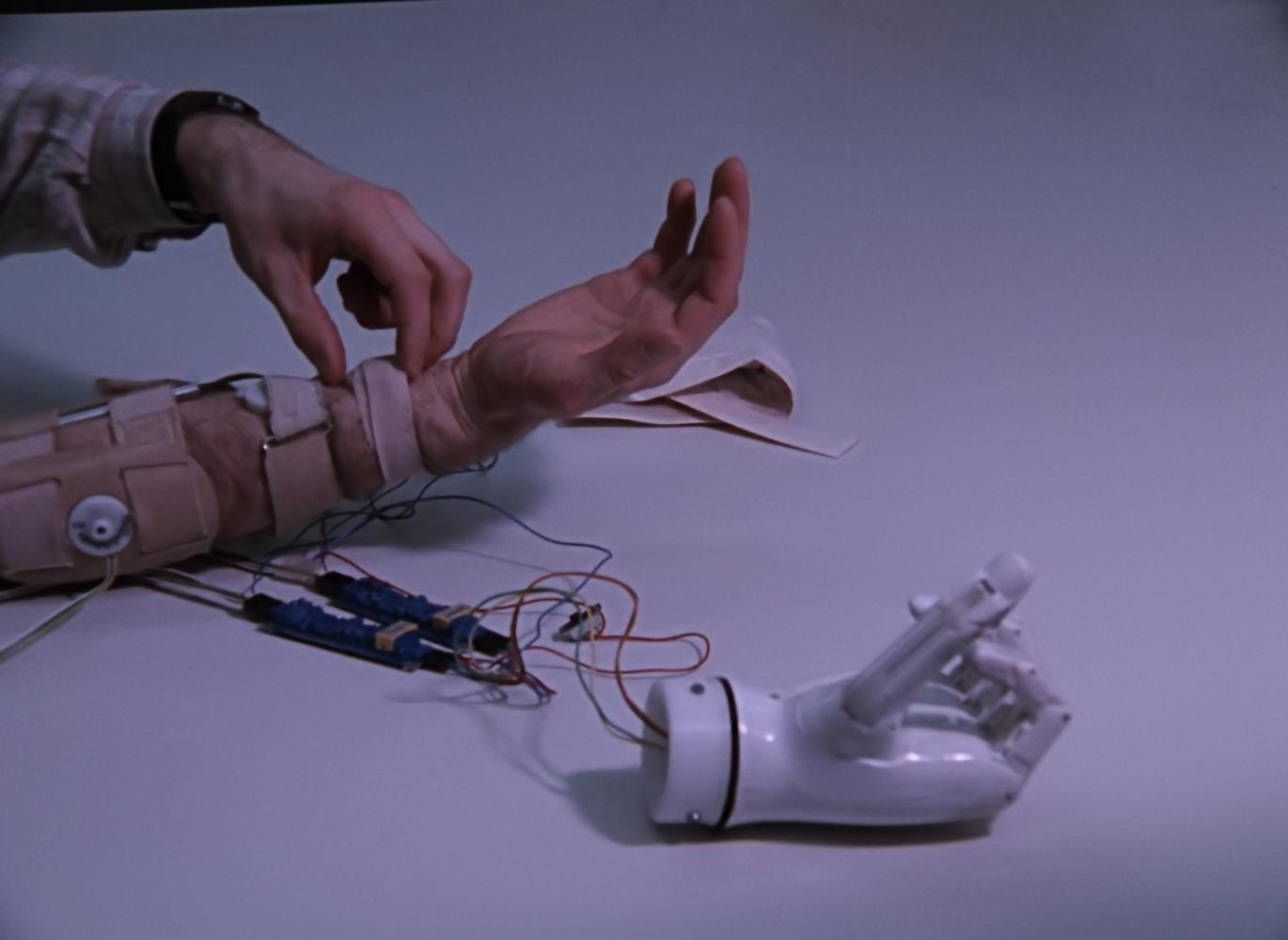
Garage Digital stopped working on this project.

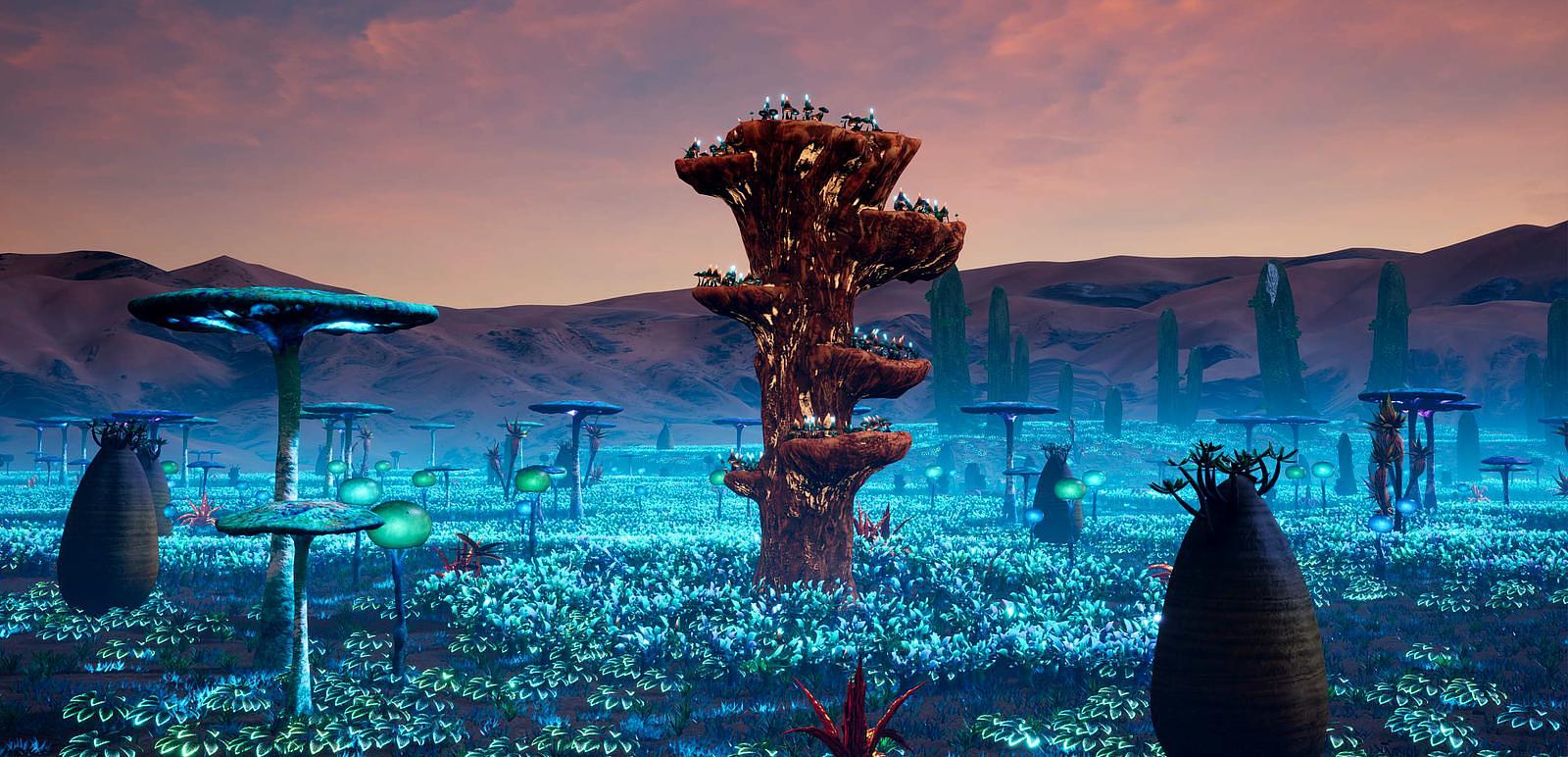
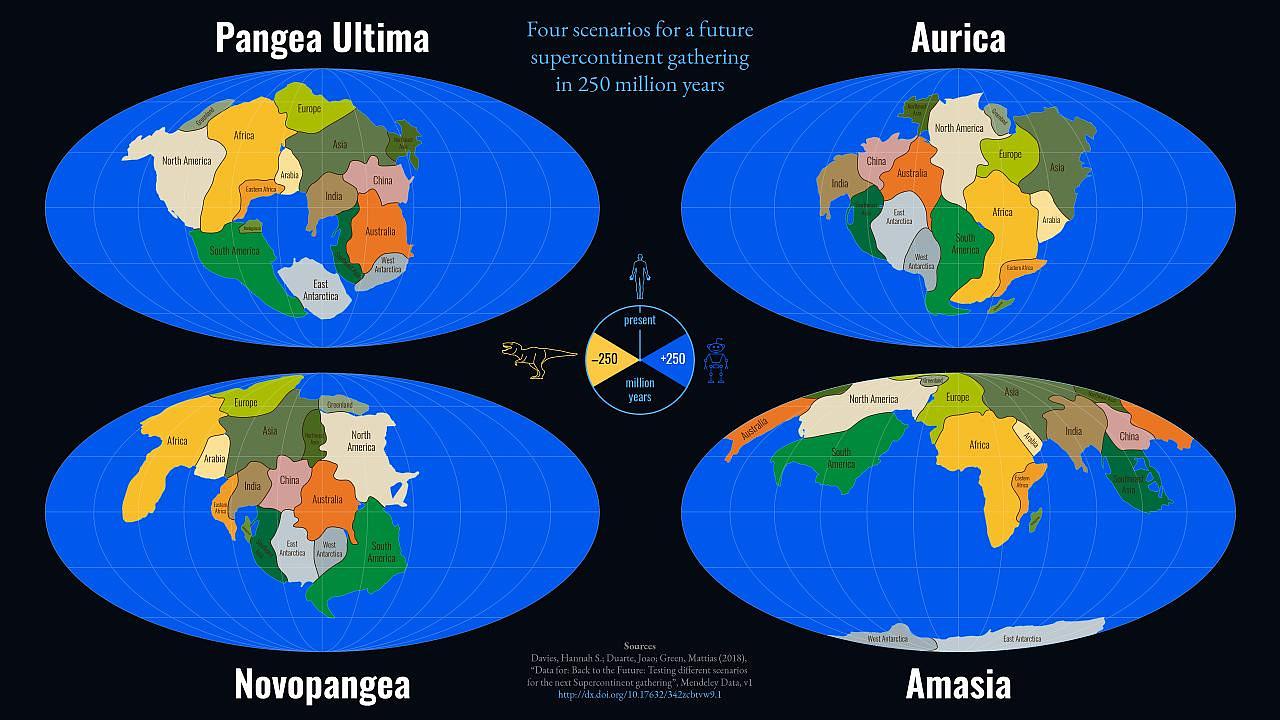
Performance Hydrogen City is the new site-specific performance by Digital Object Alliance invites visitors to experience the materiality of a speculative world of the future through the possible embodiment of videogame logics. The performance took place at Hyundai Motorstudio Moscow as part of the joint program by Garage Digital and the online platform Rhizome for the international exhibition World on a Wire.
